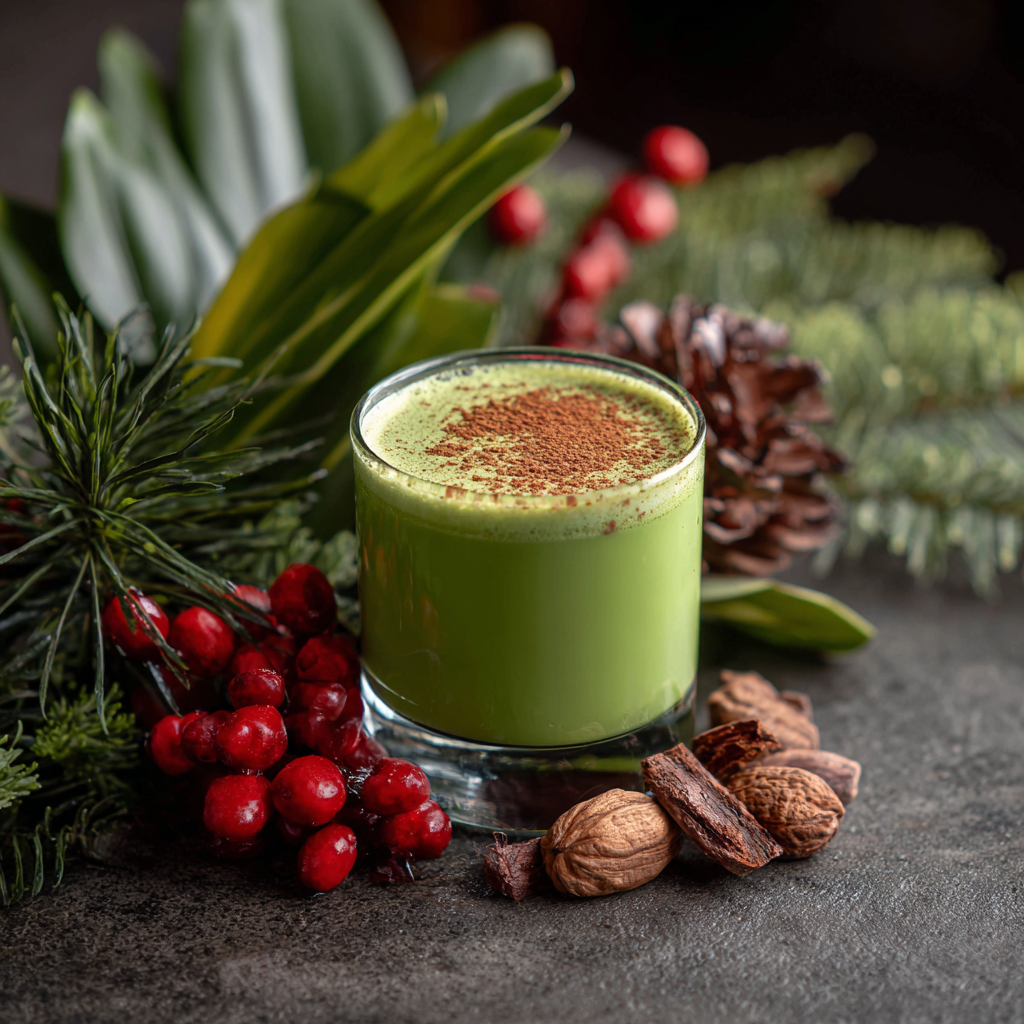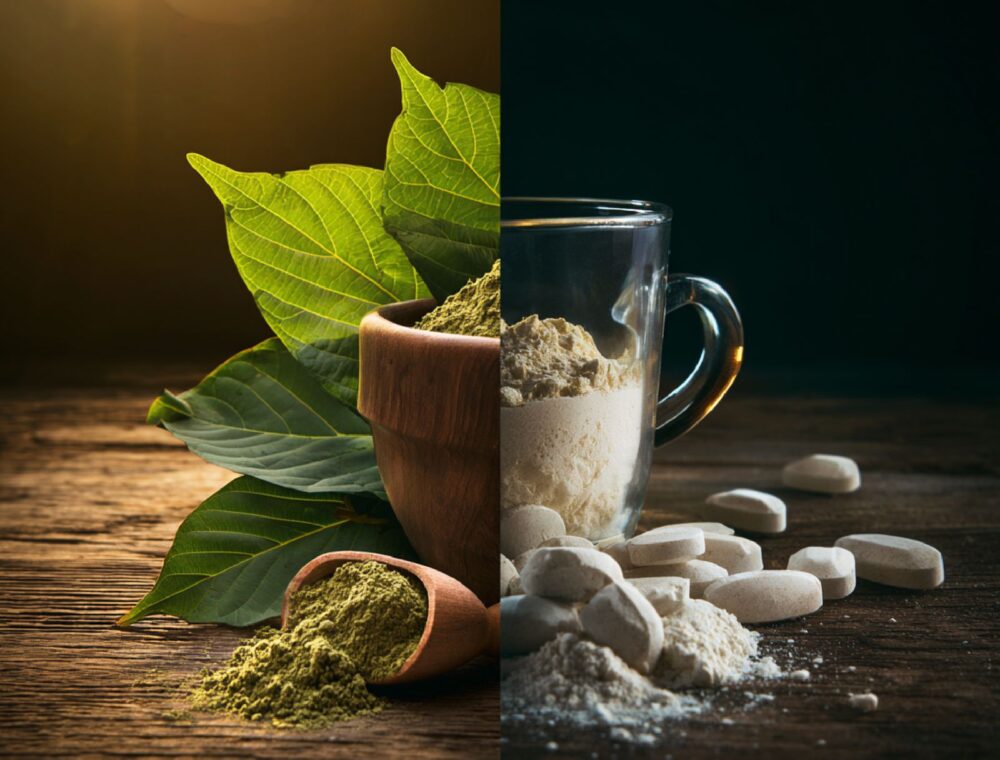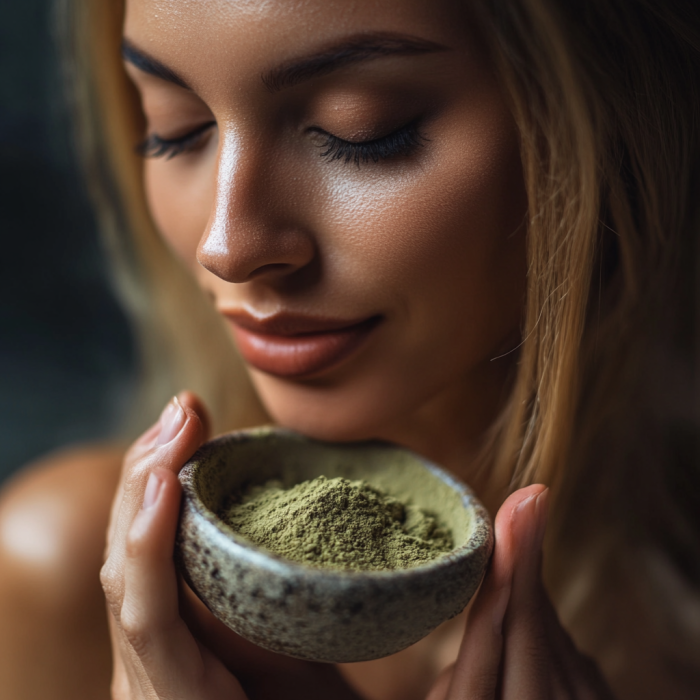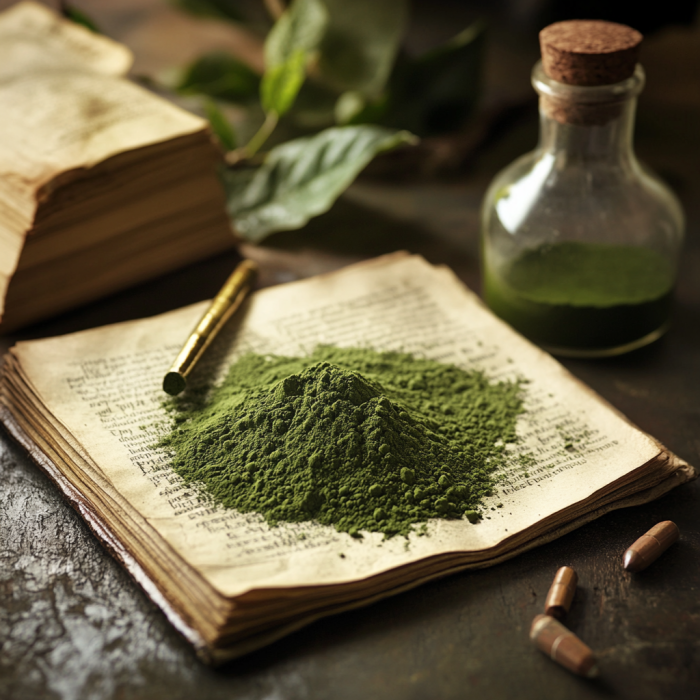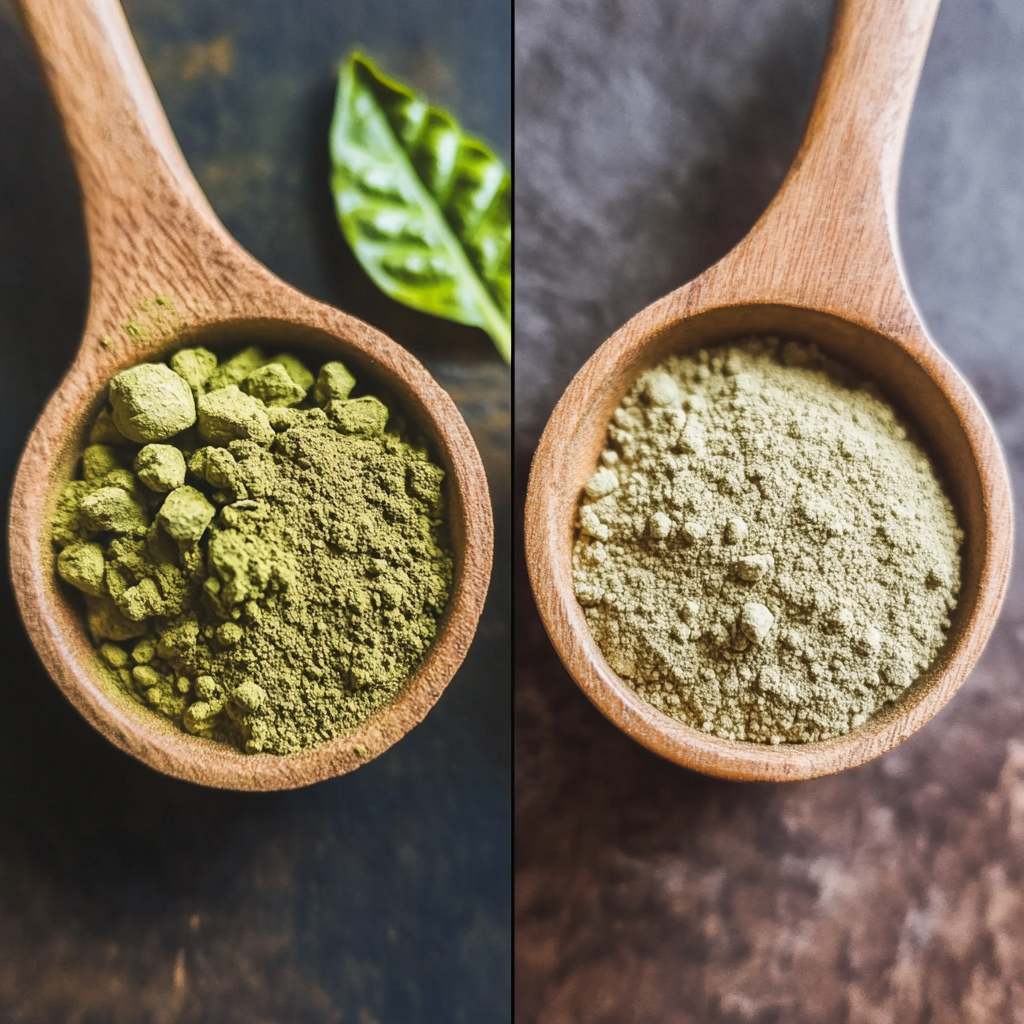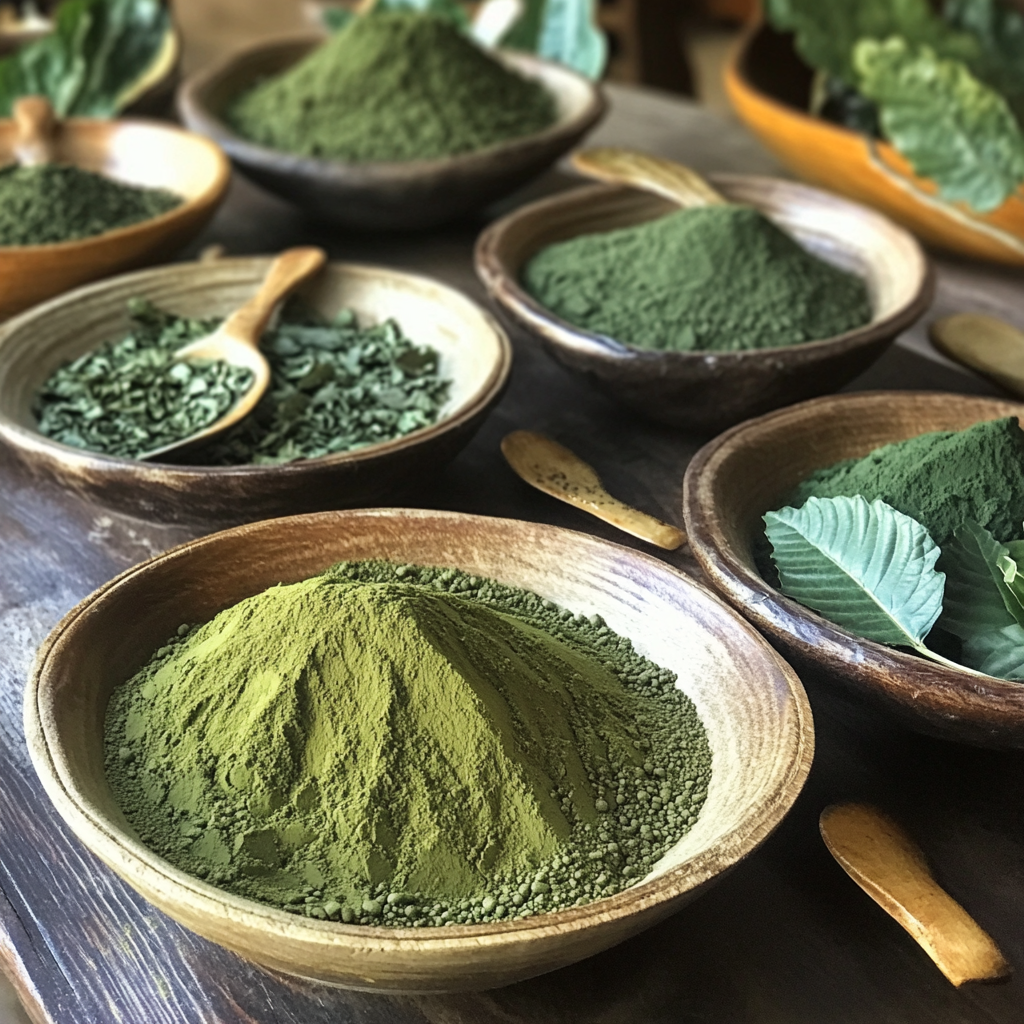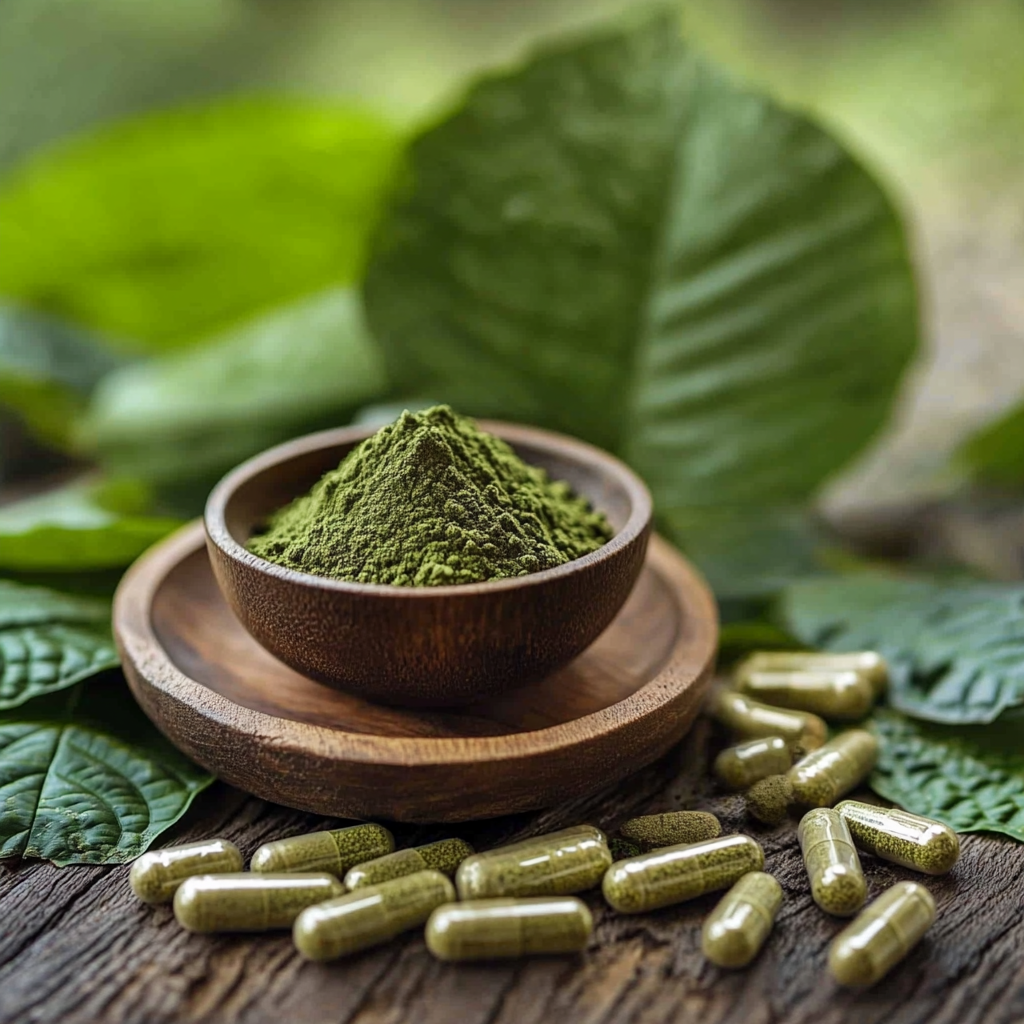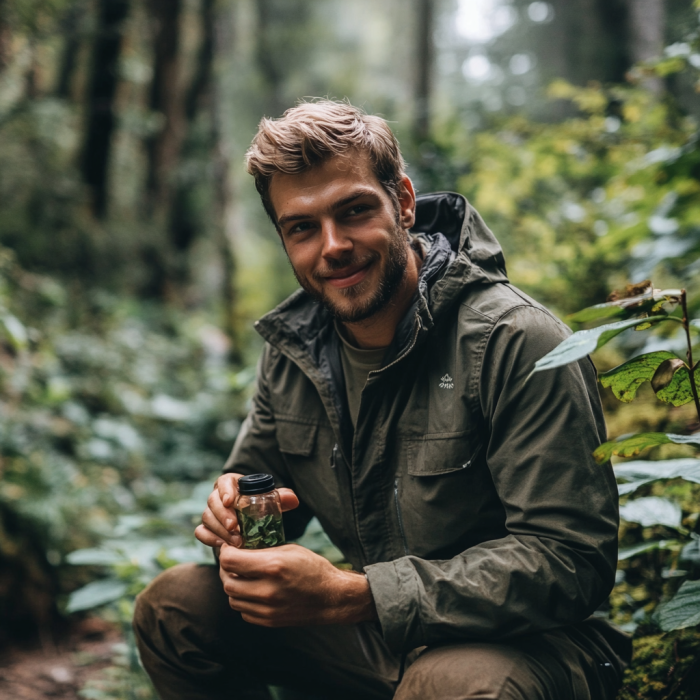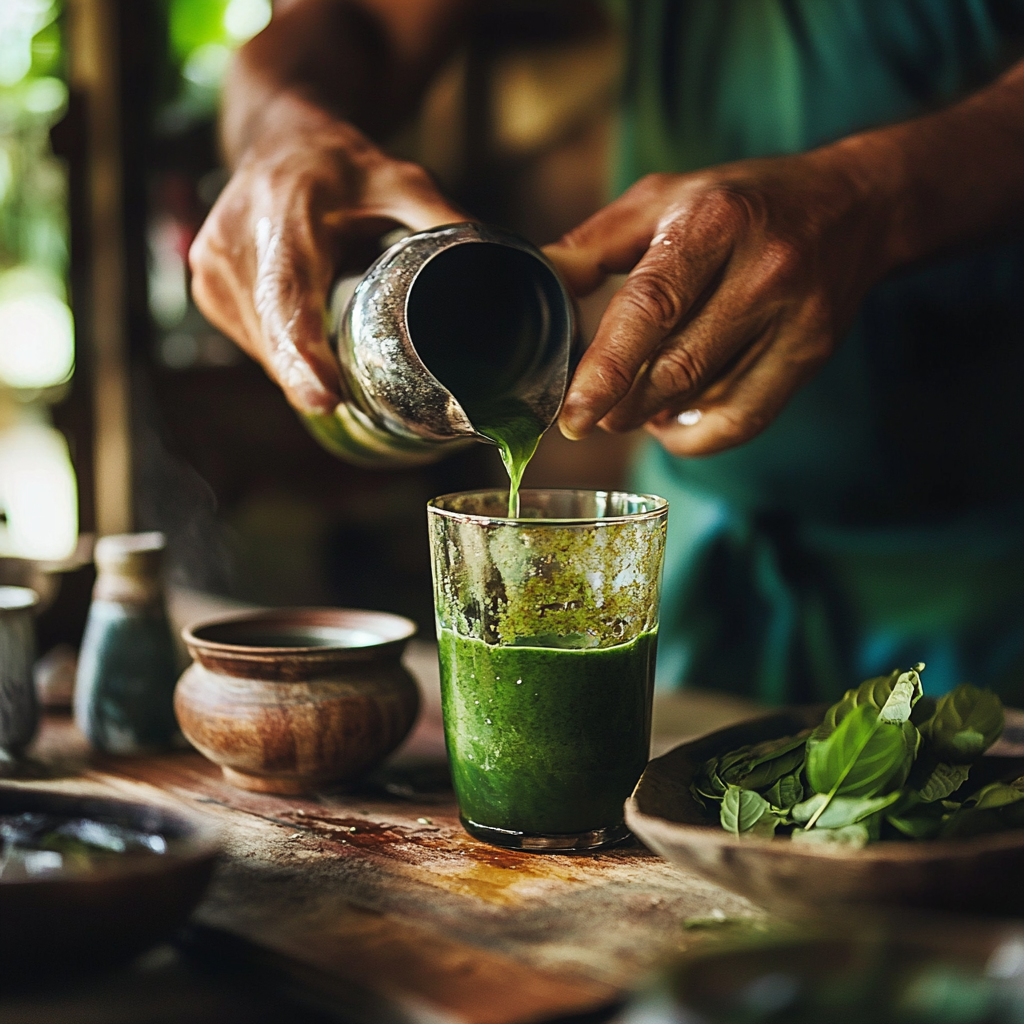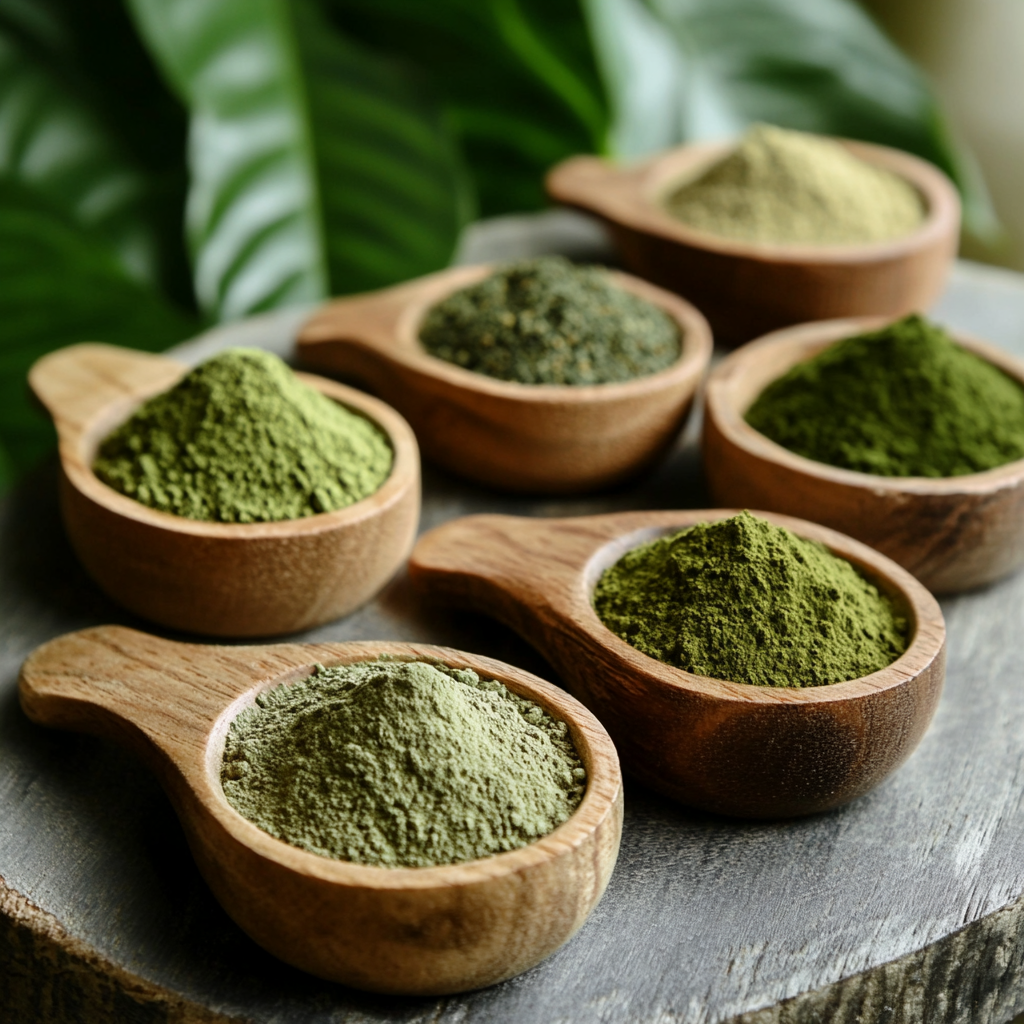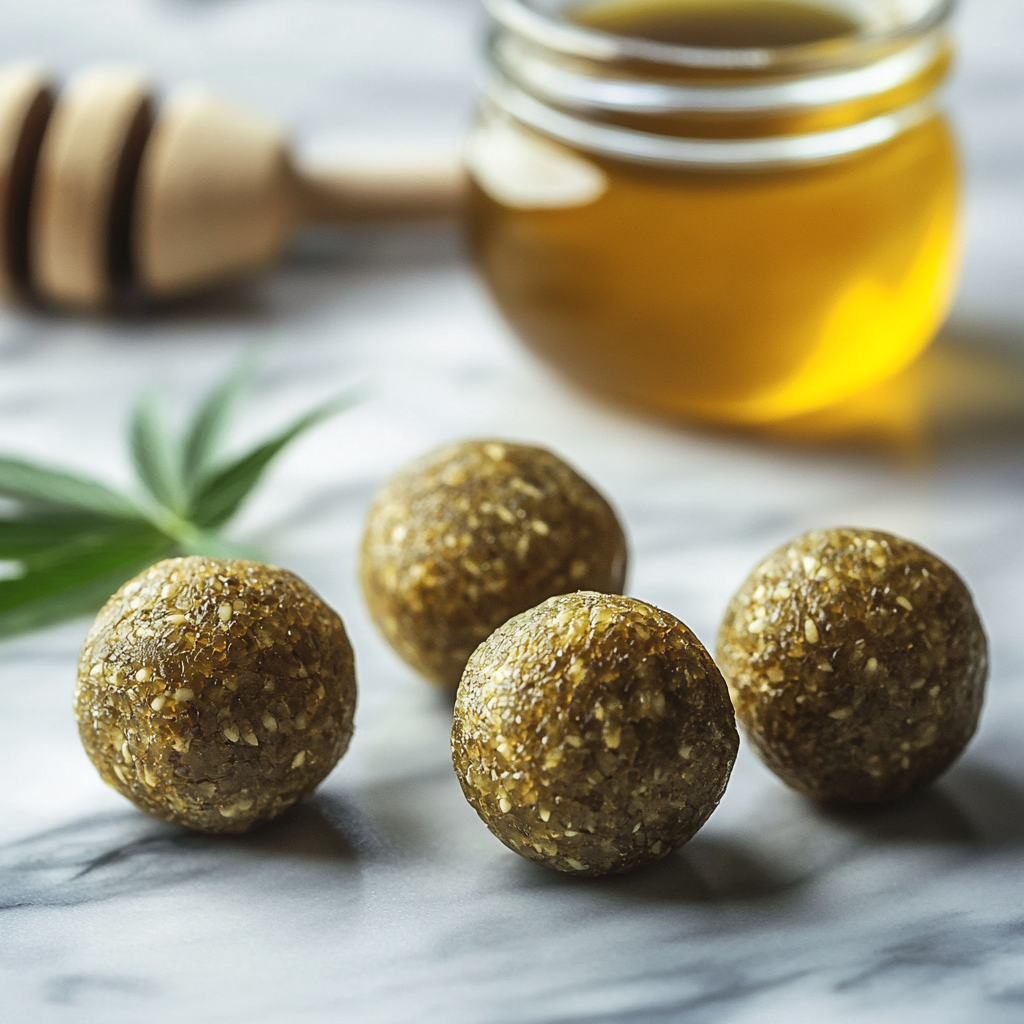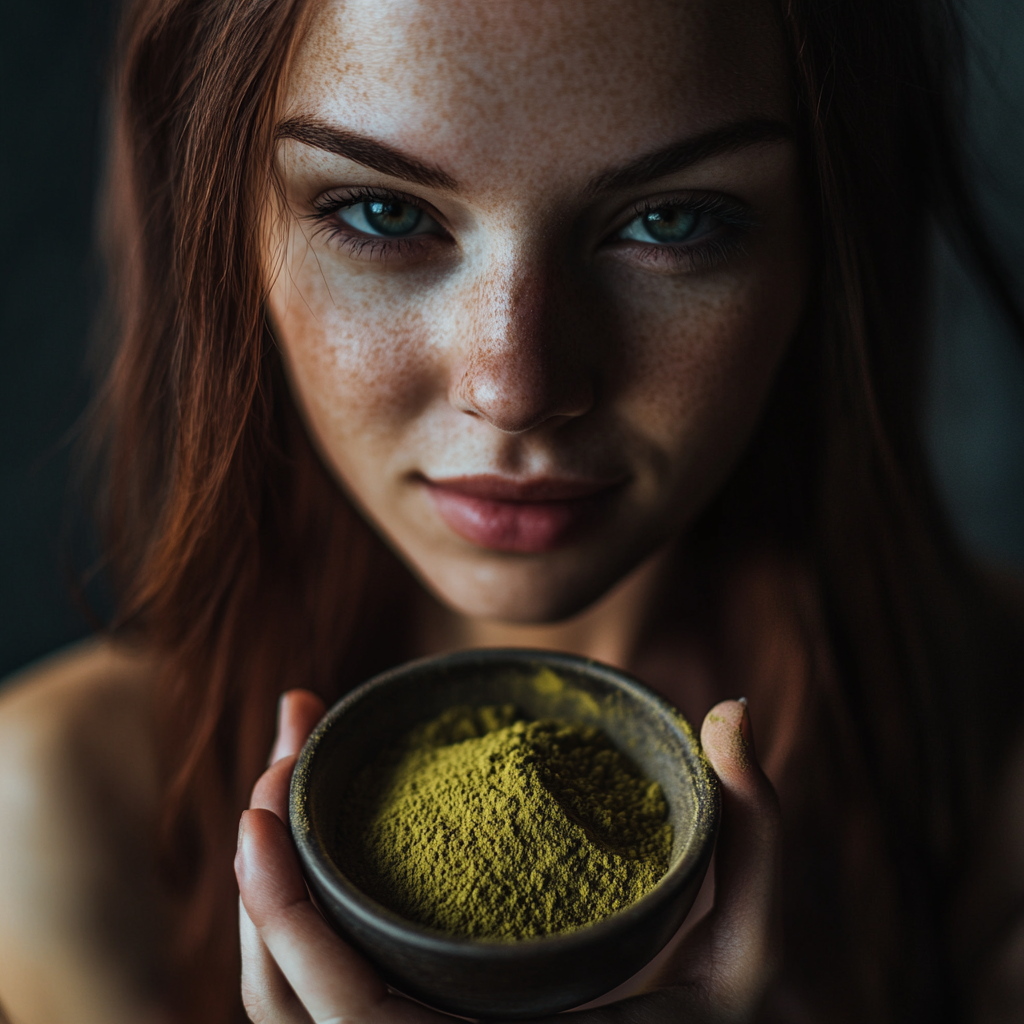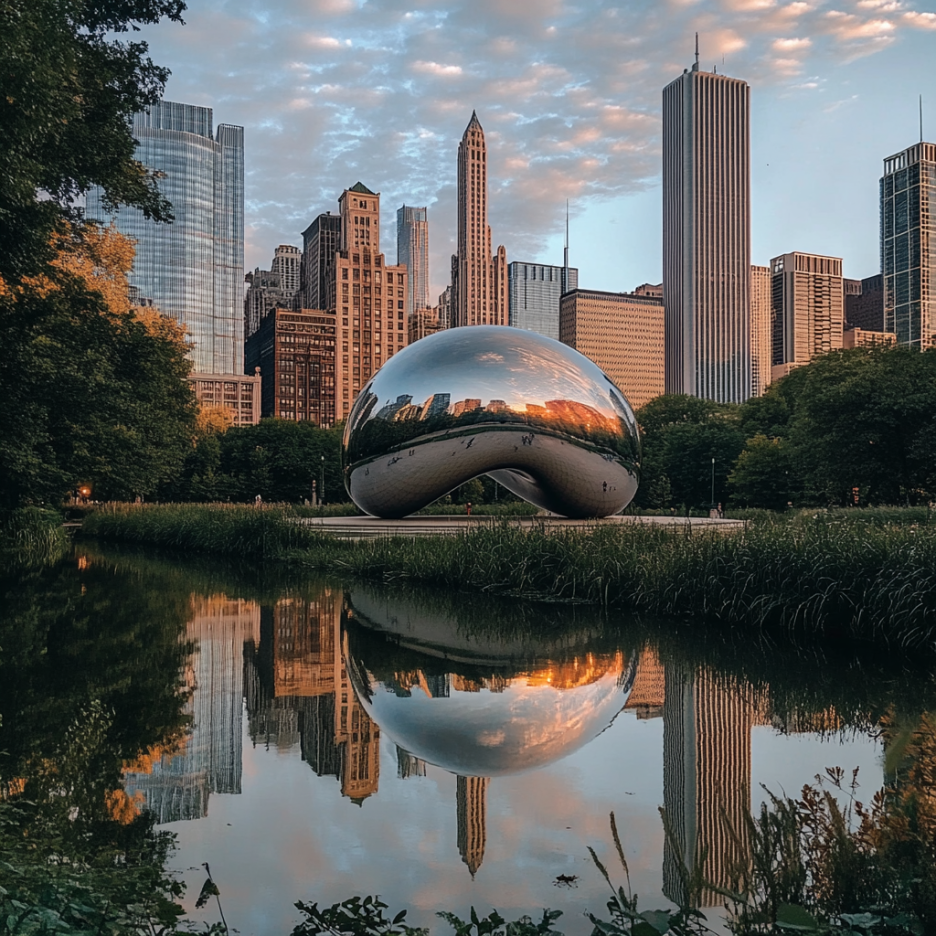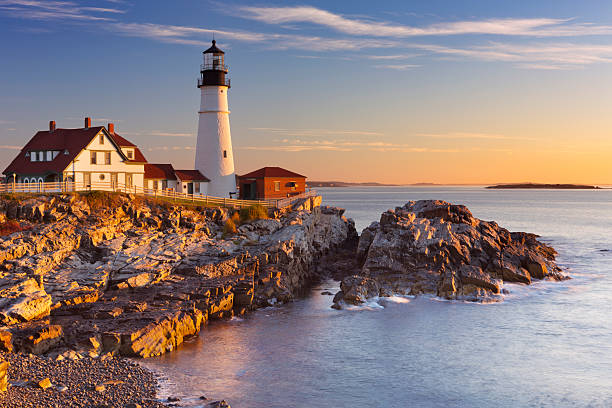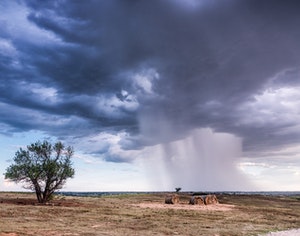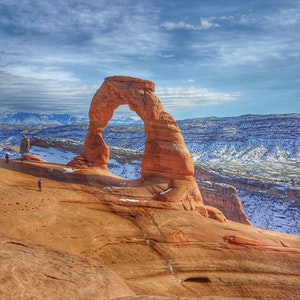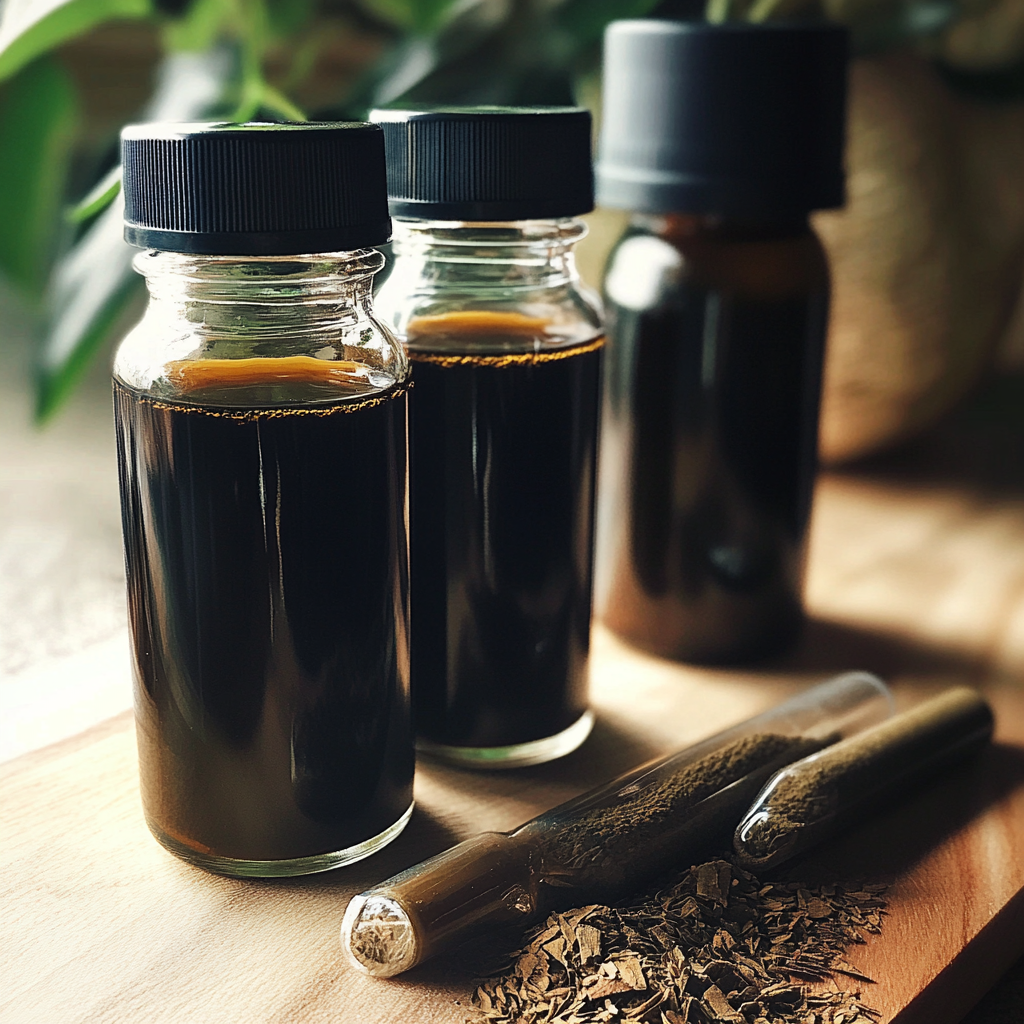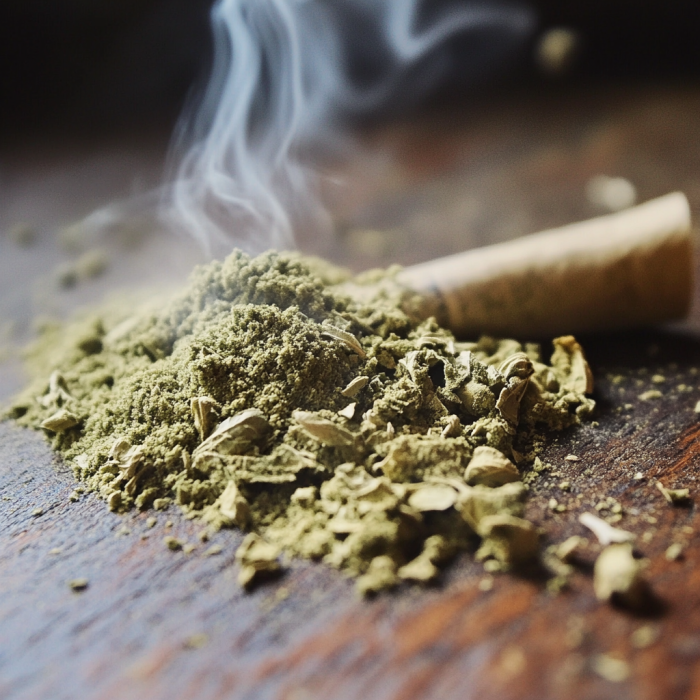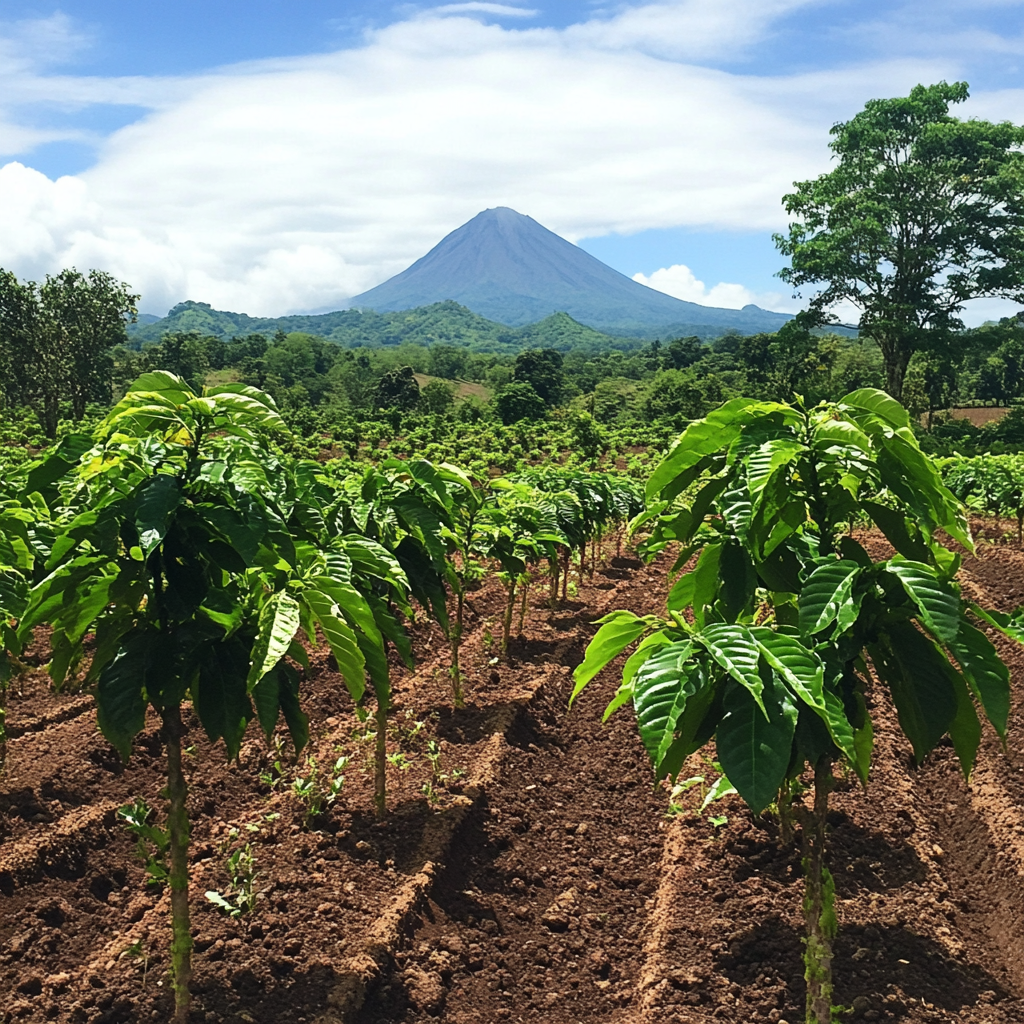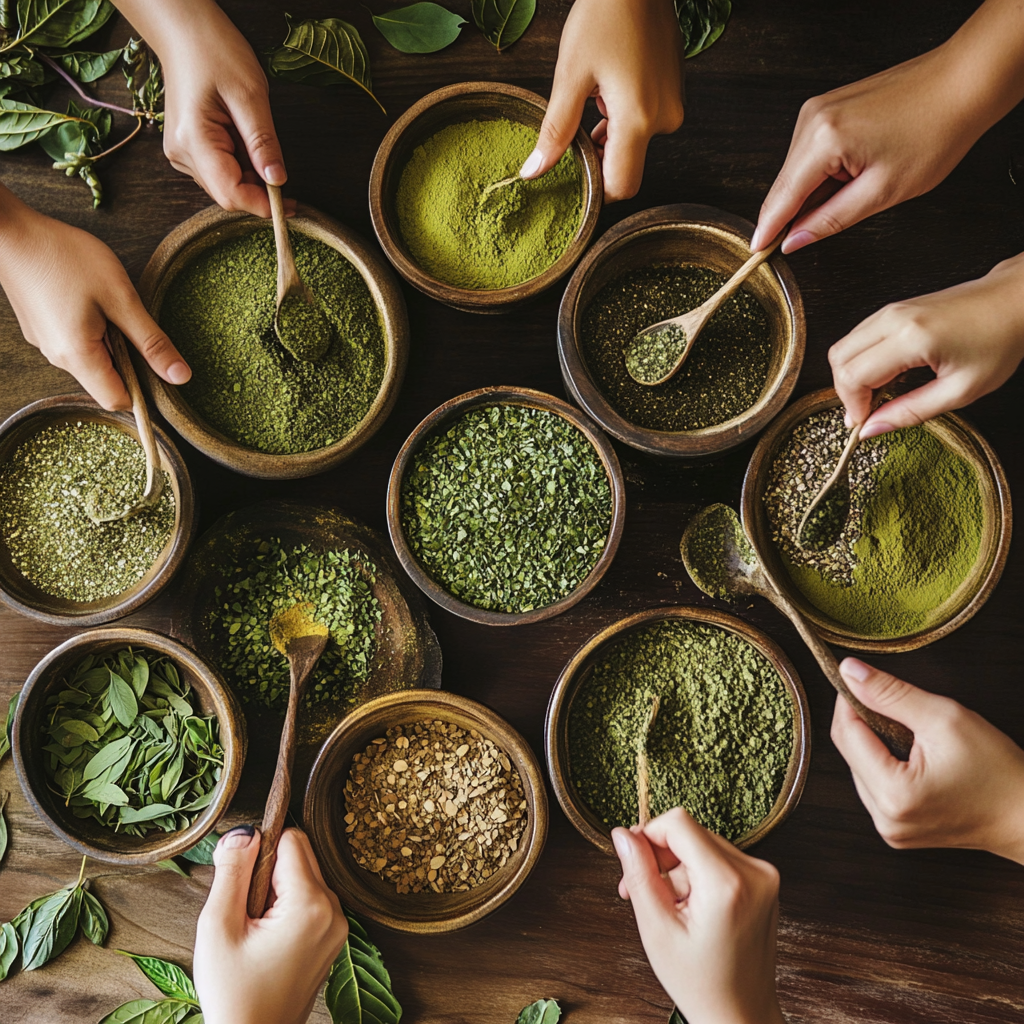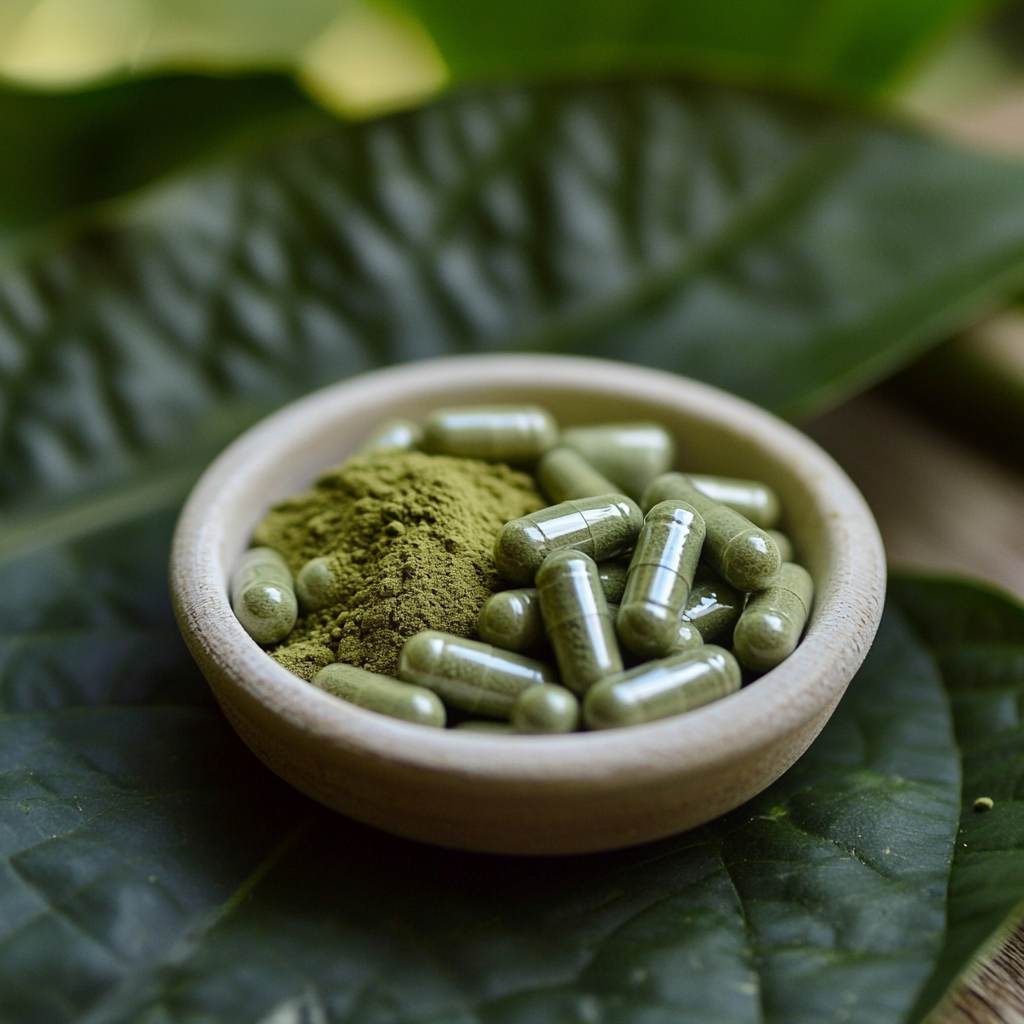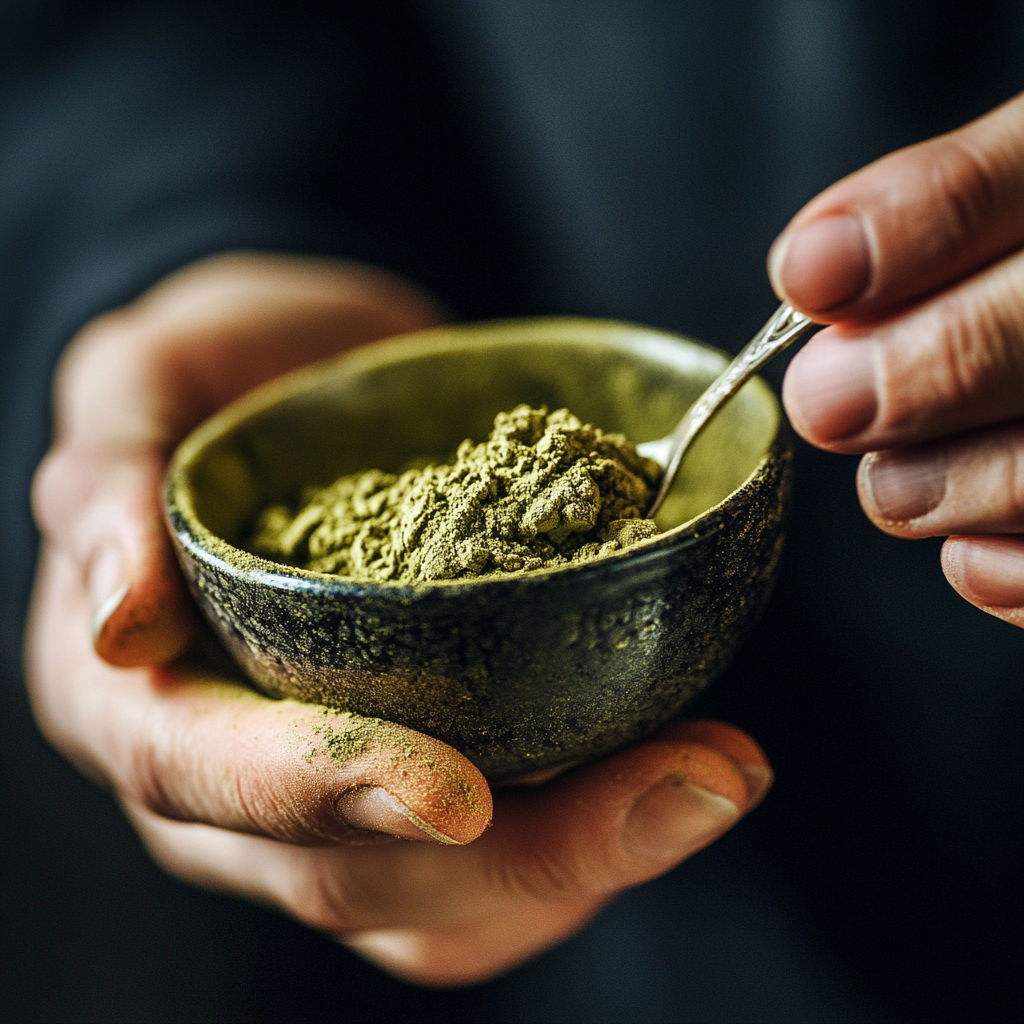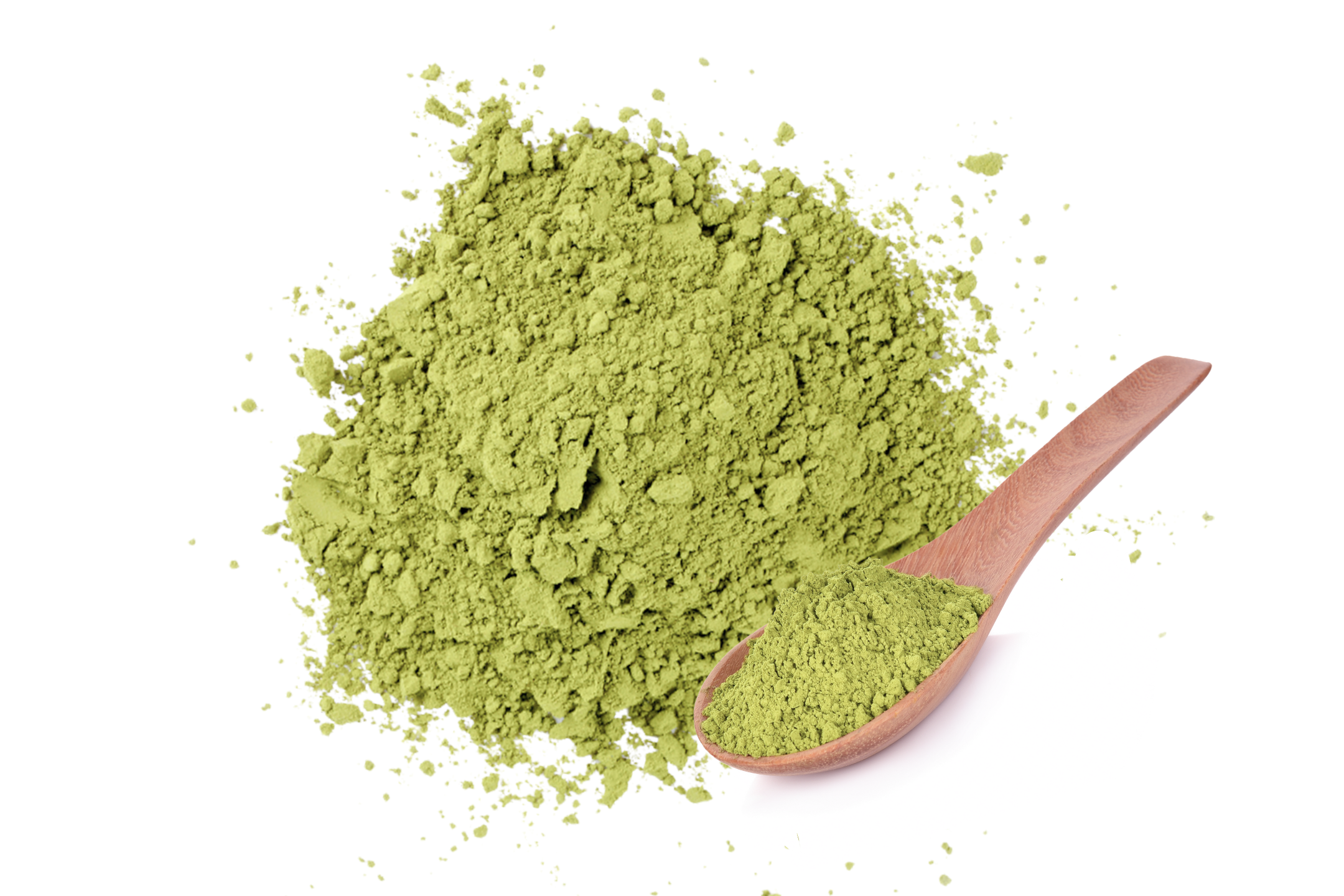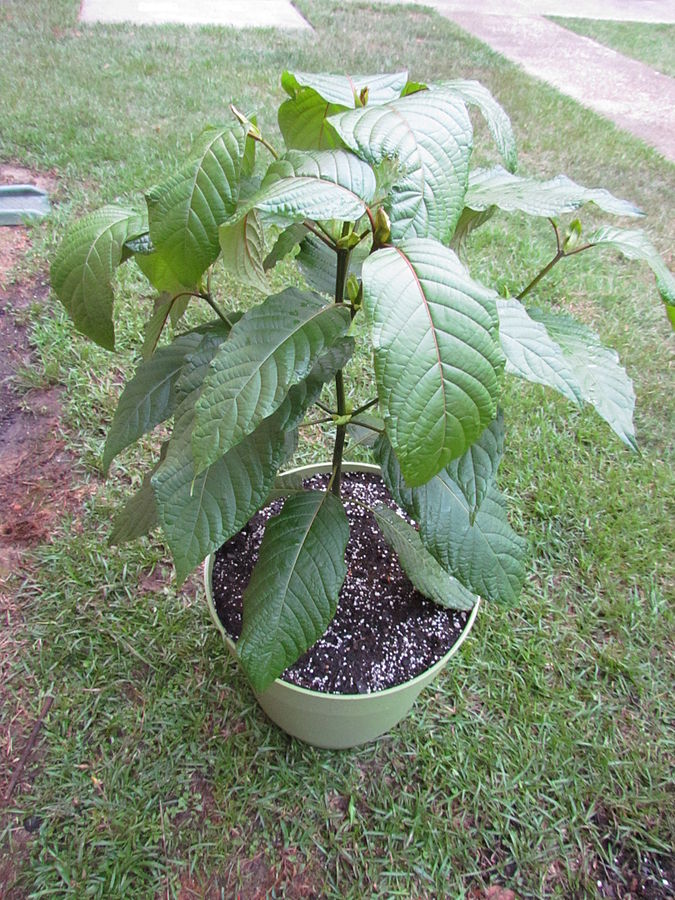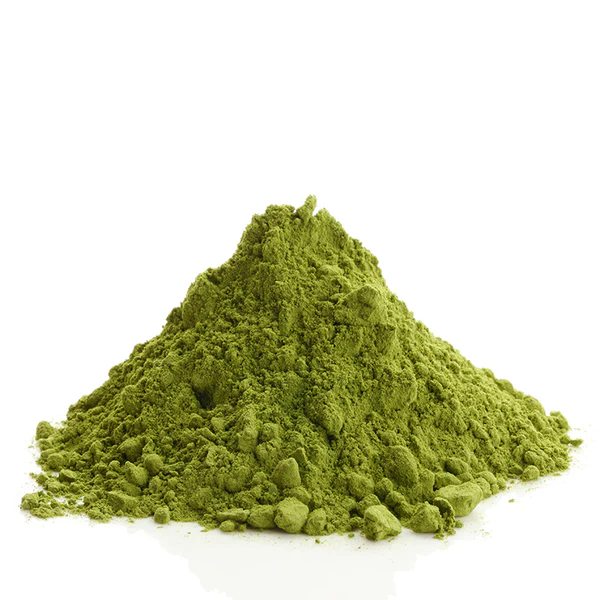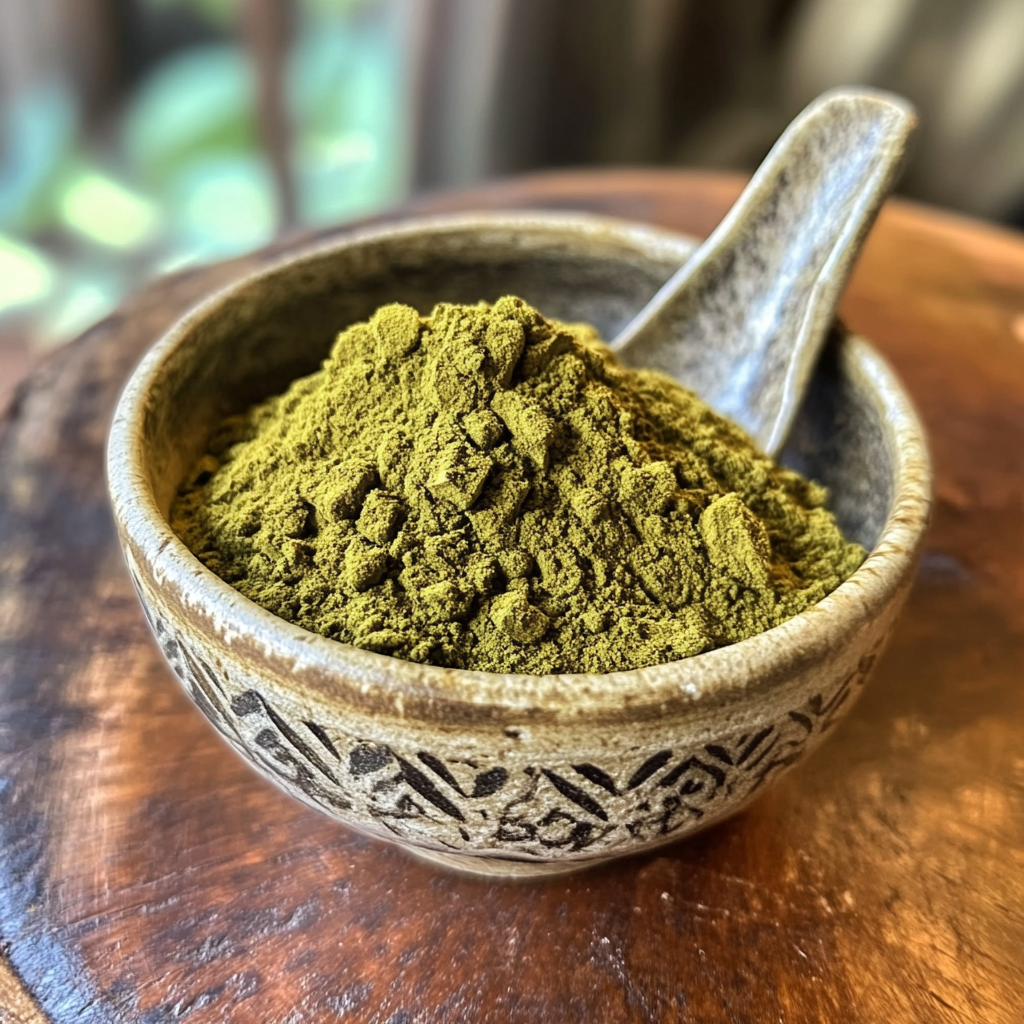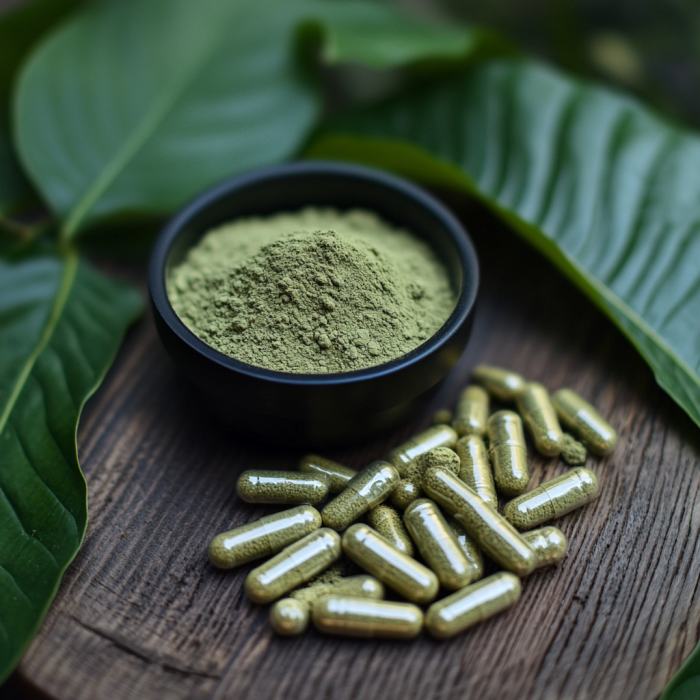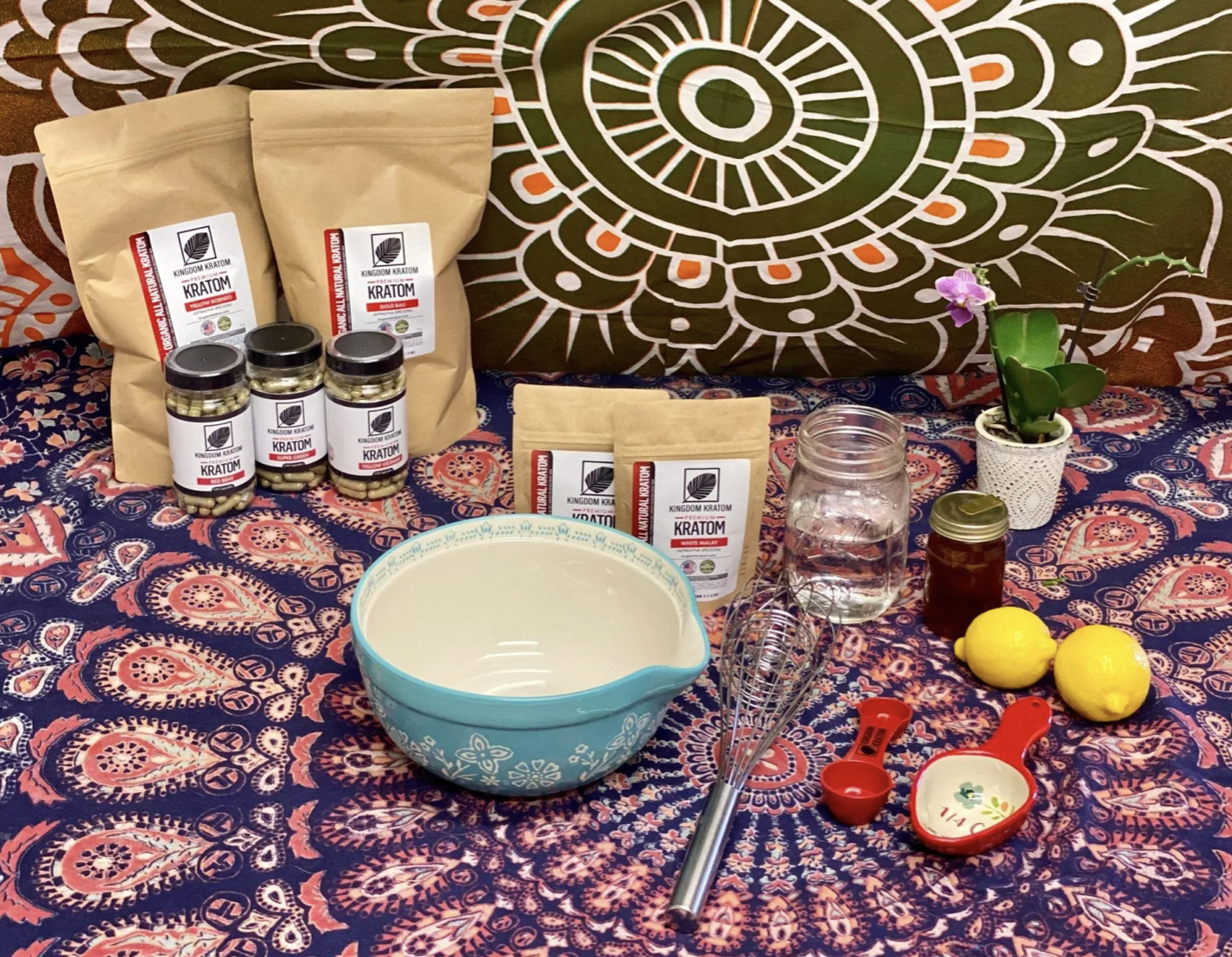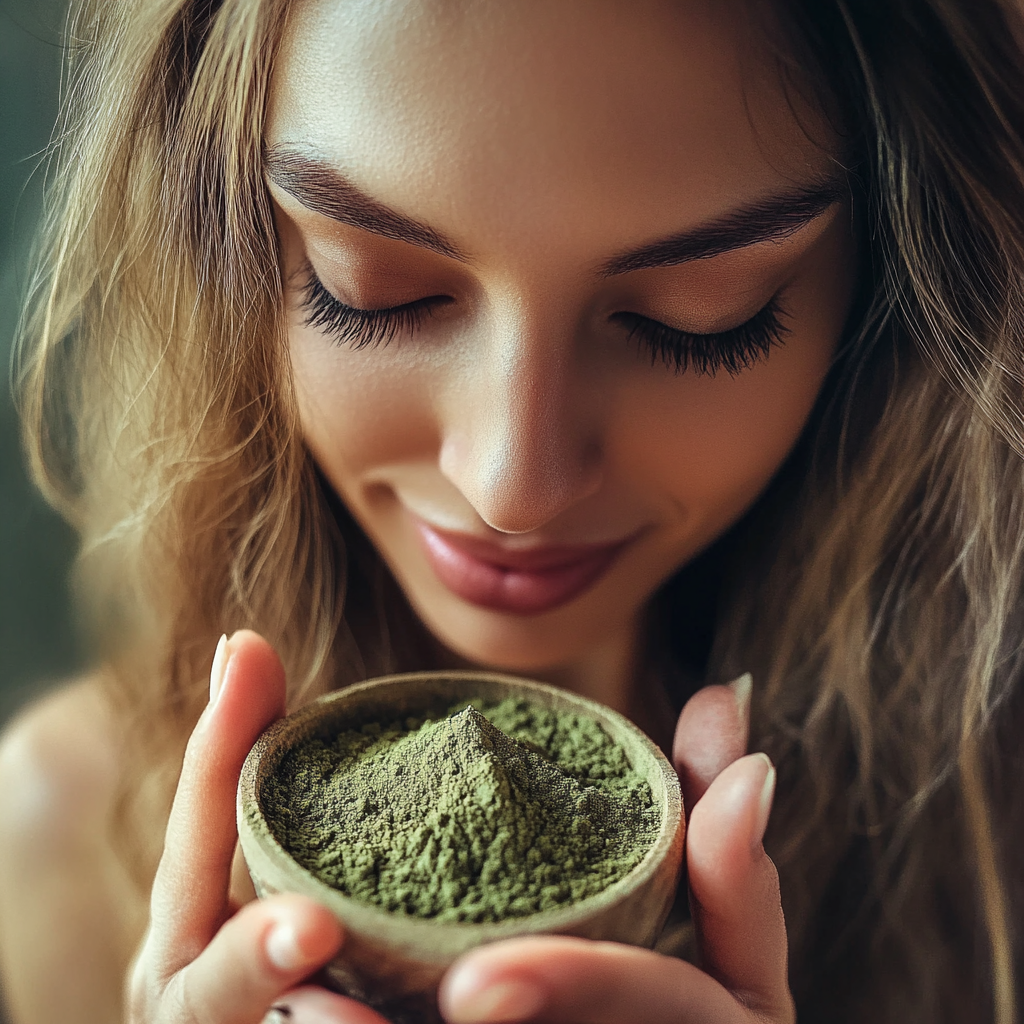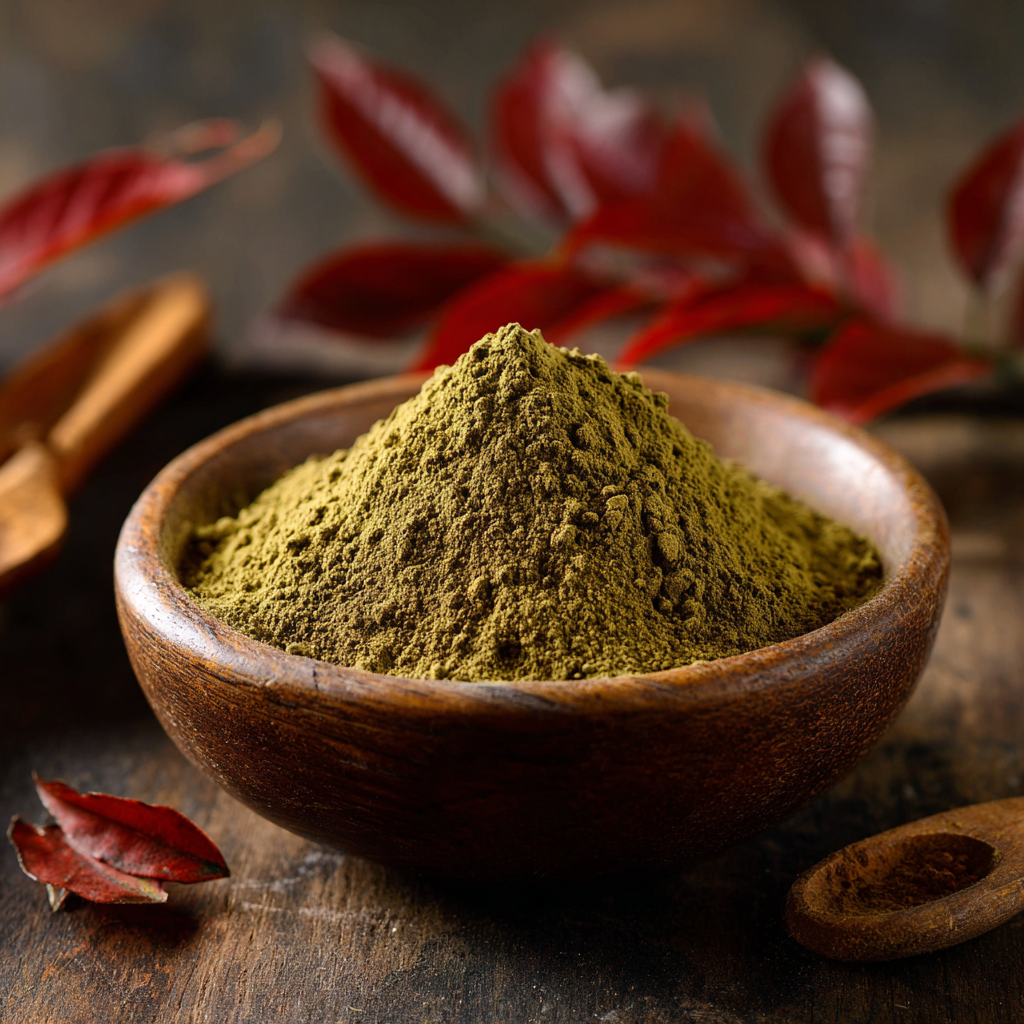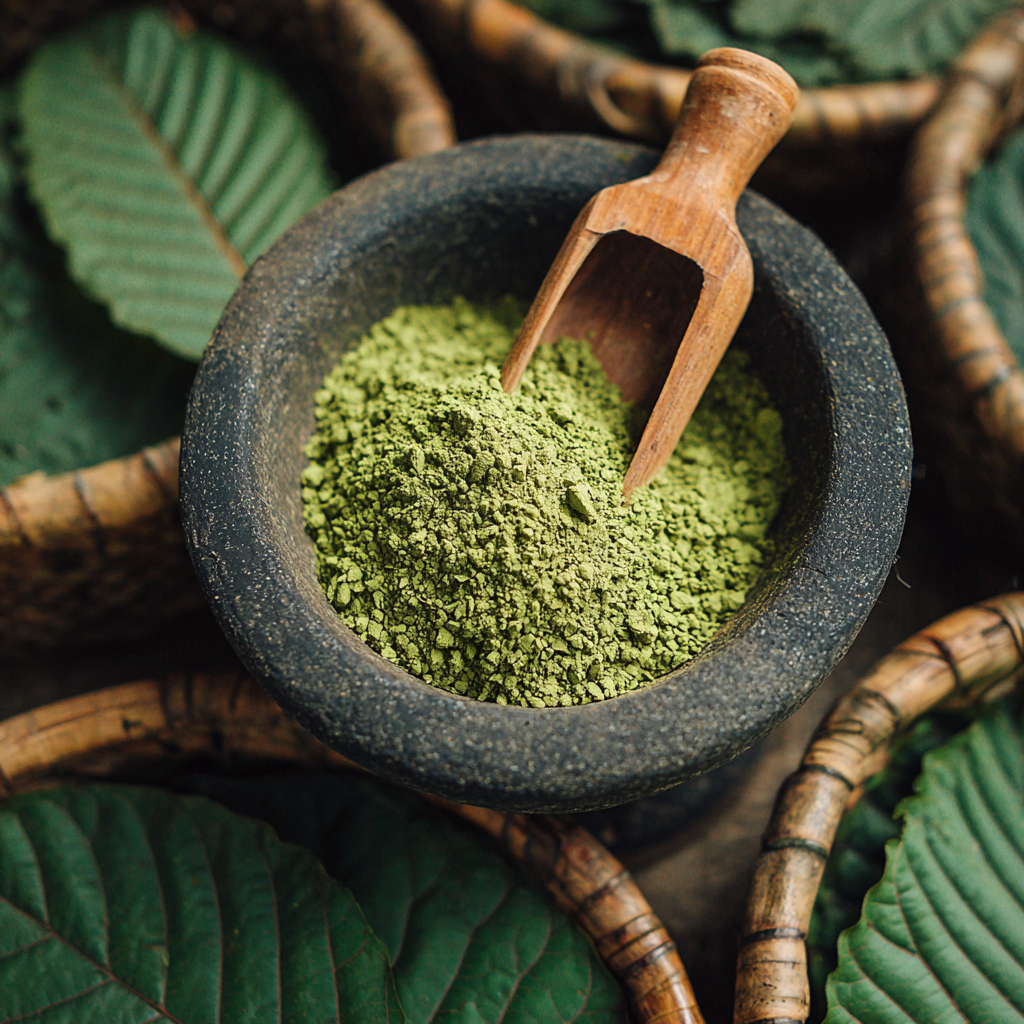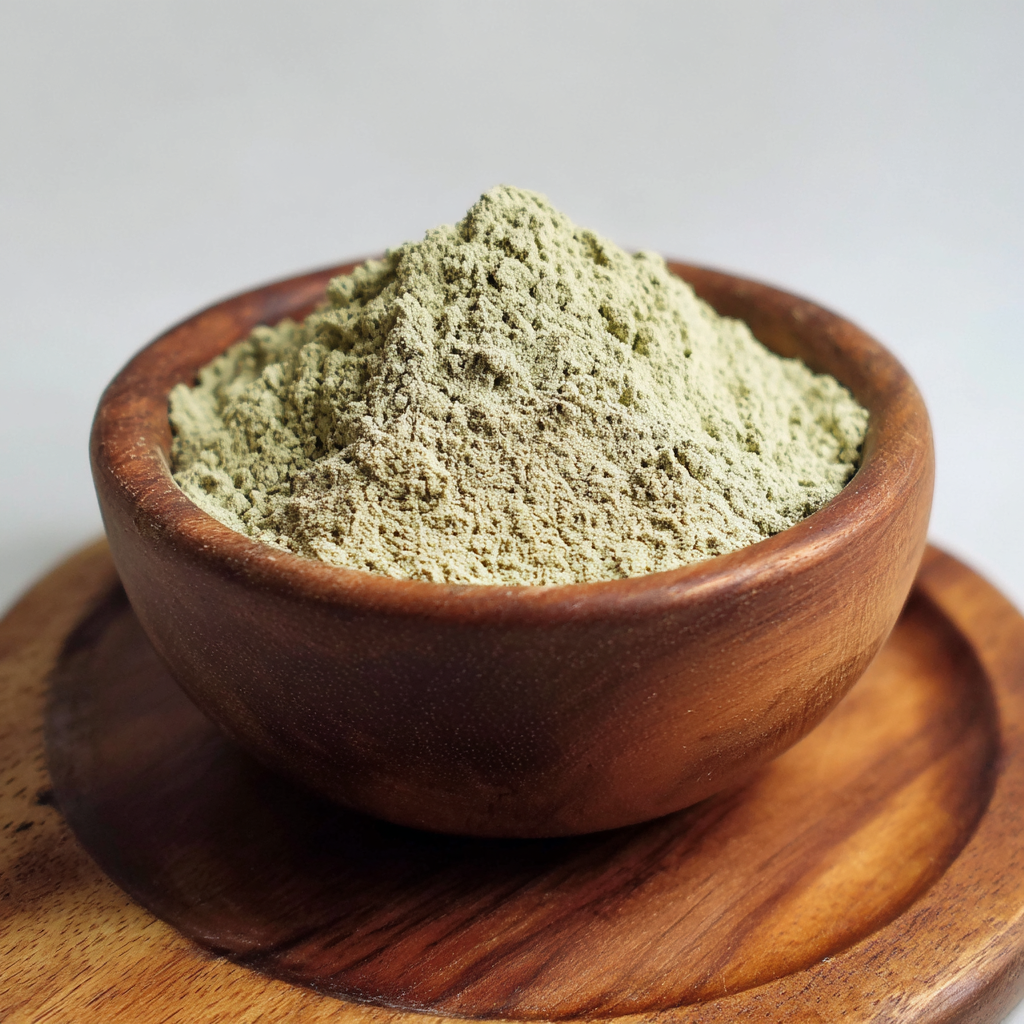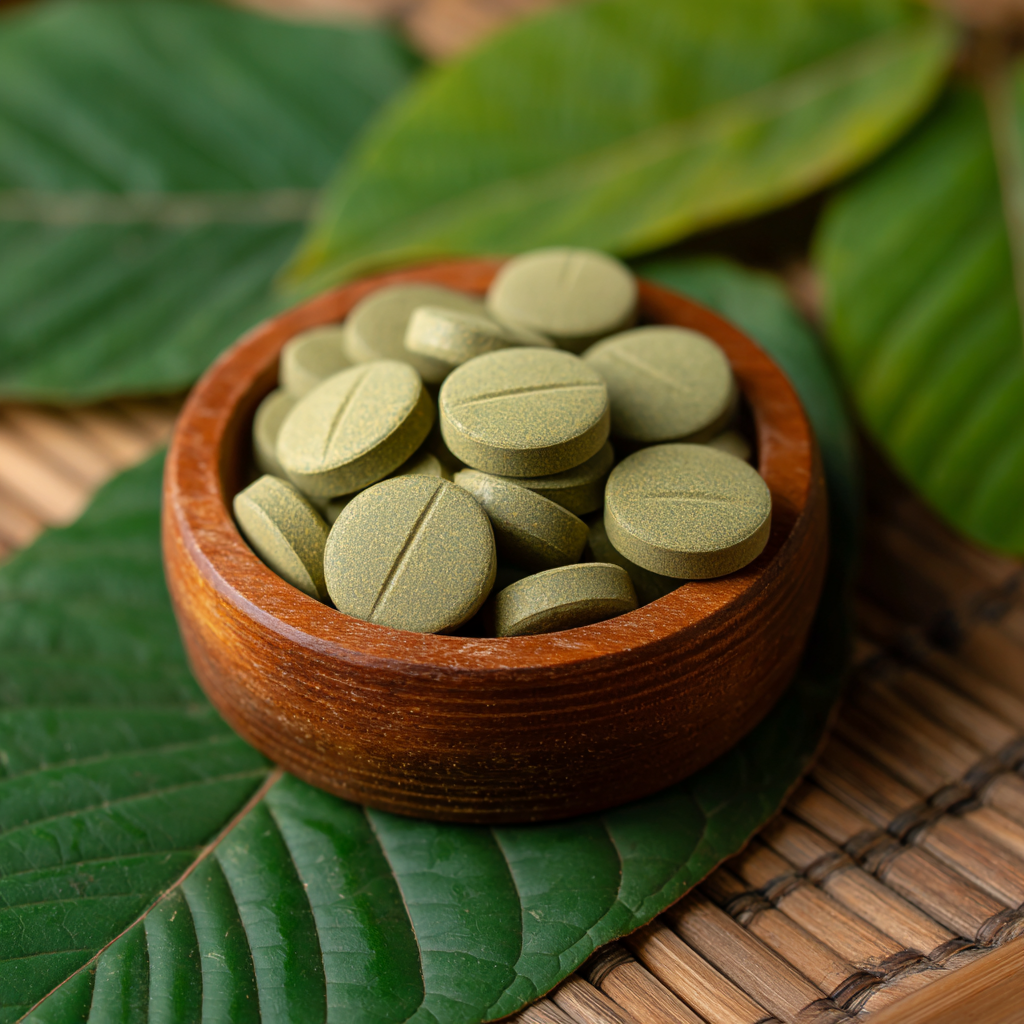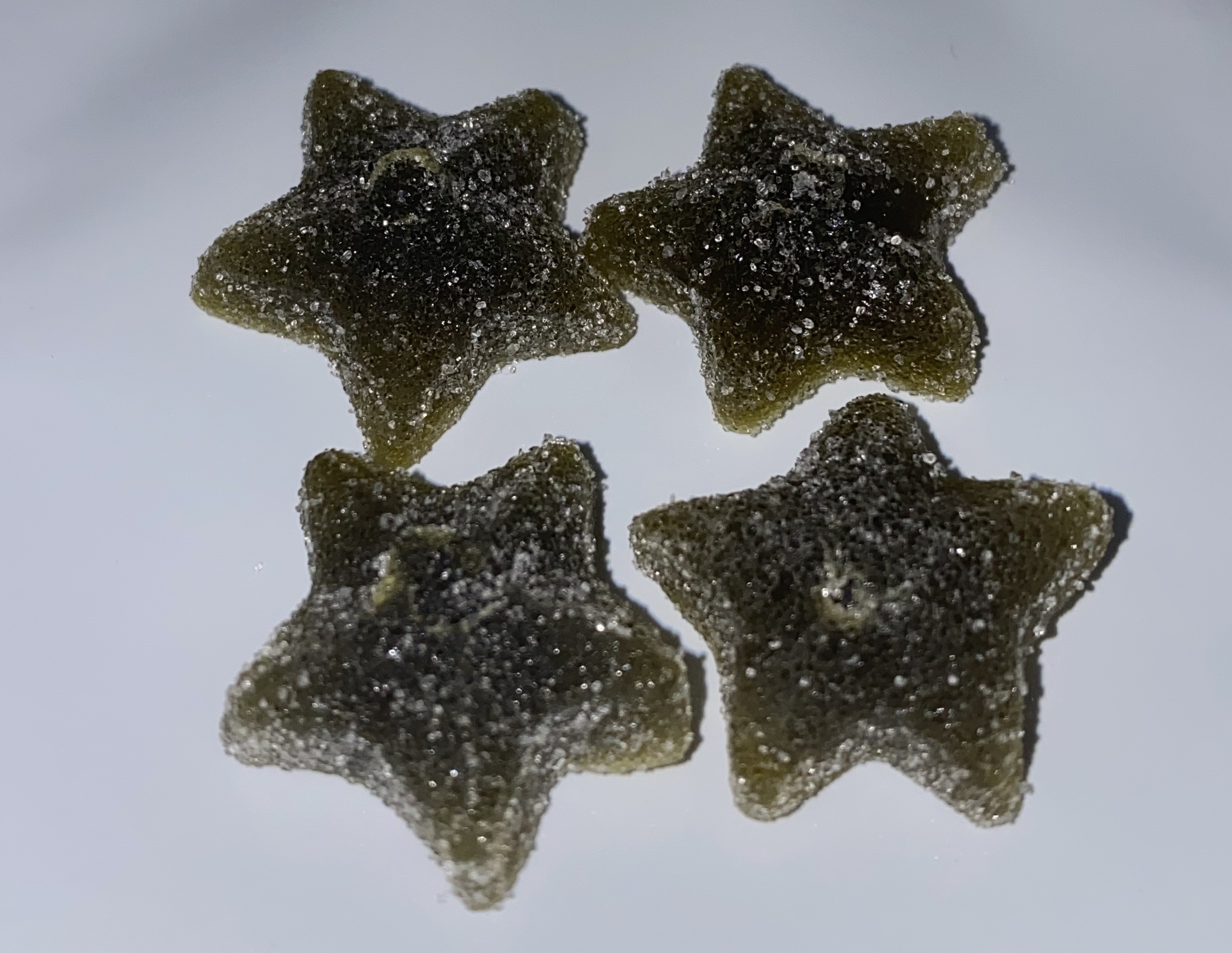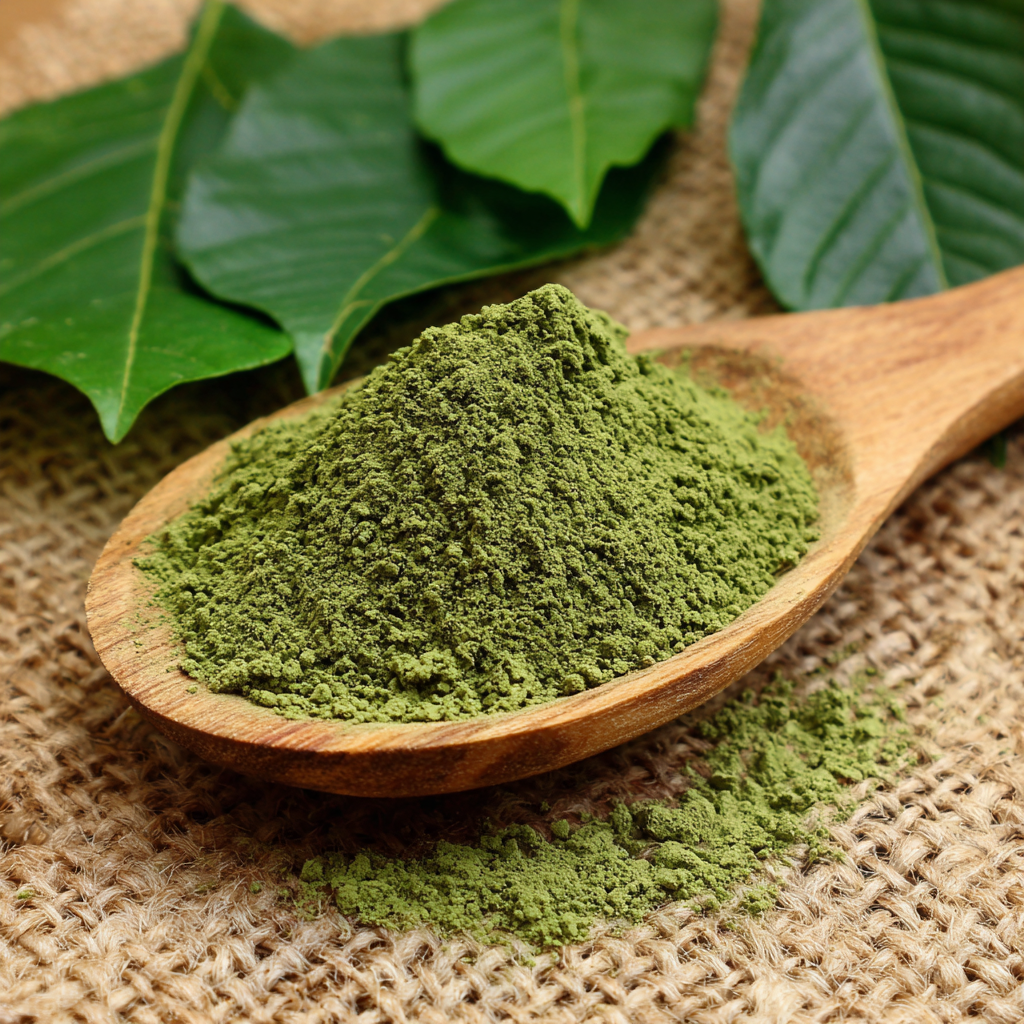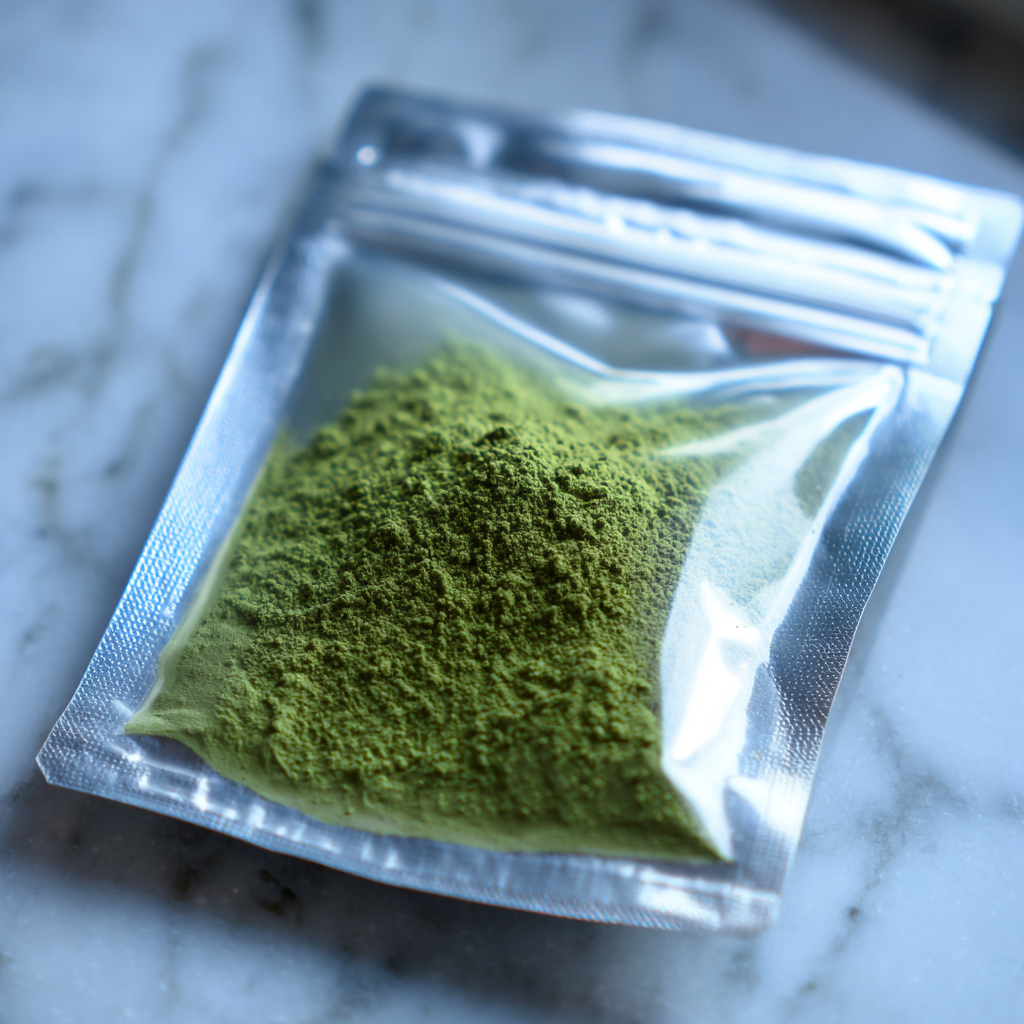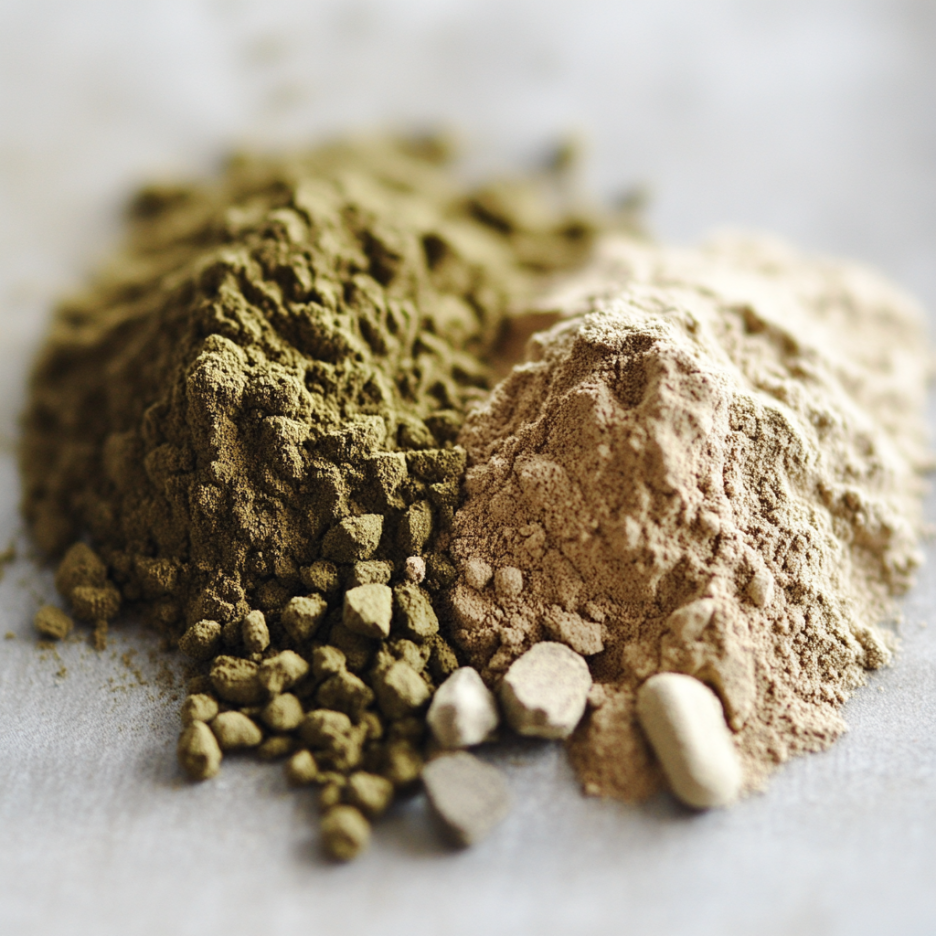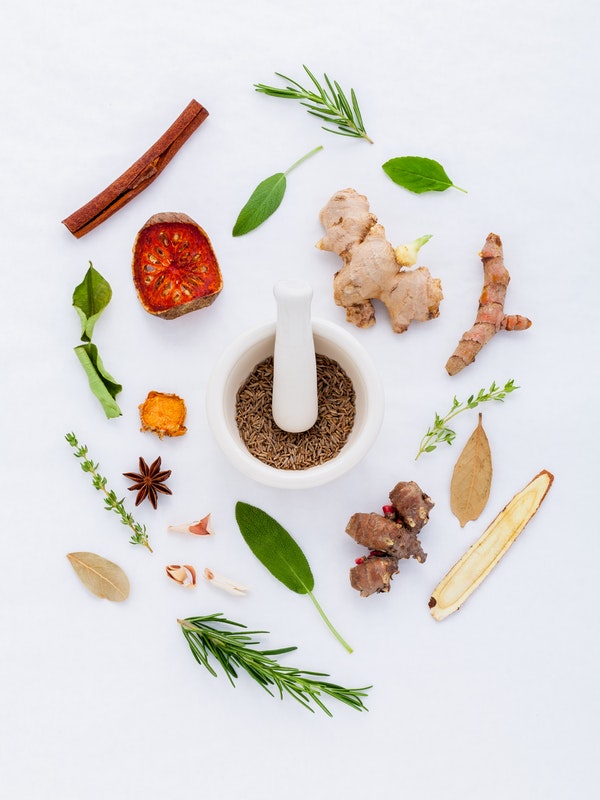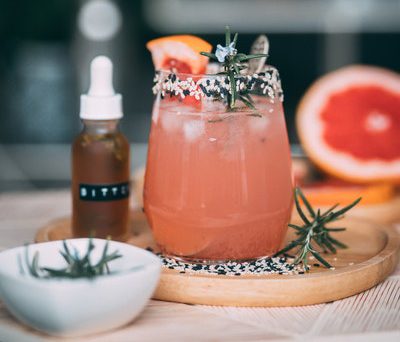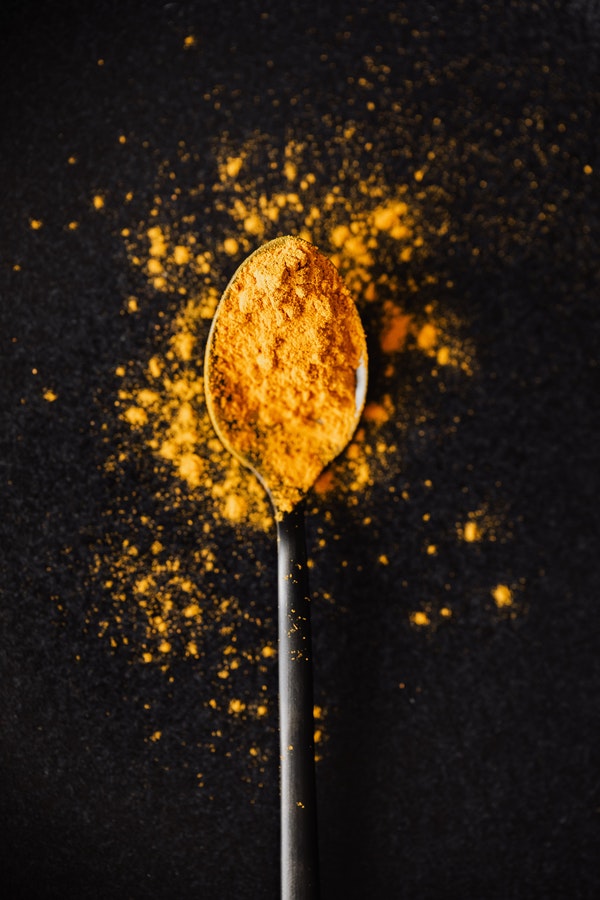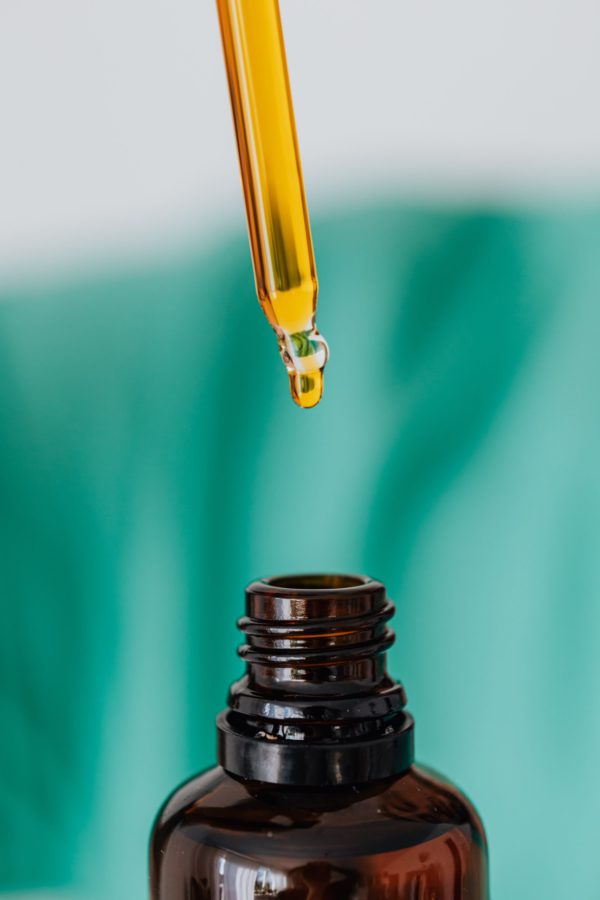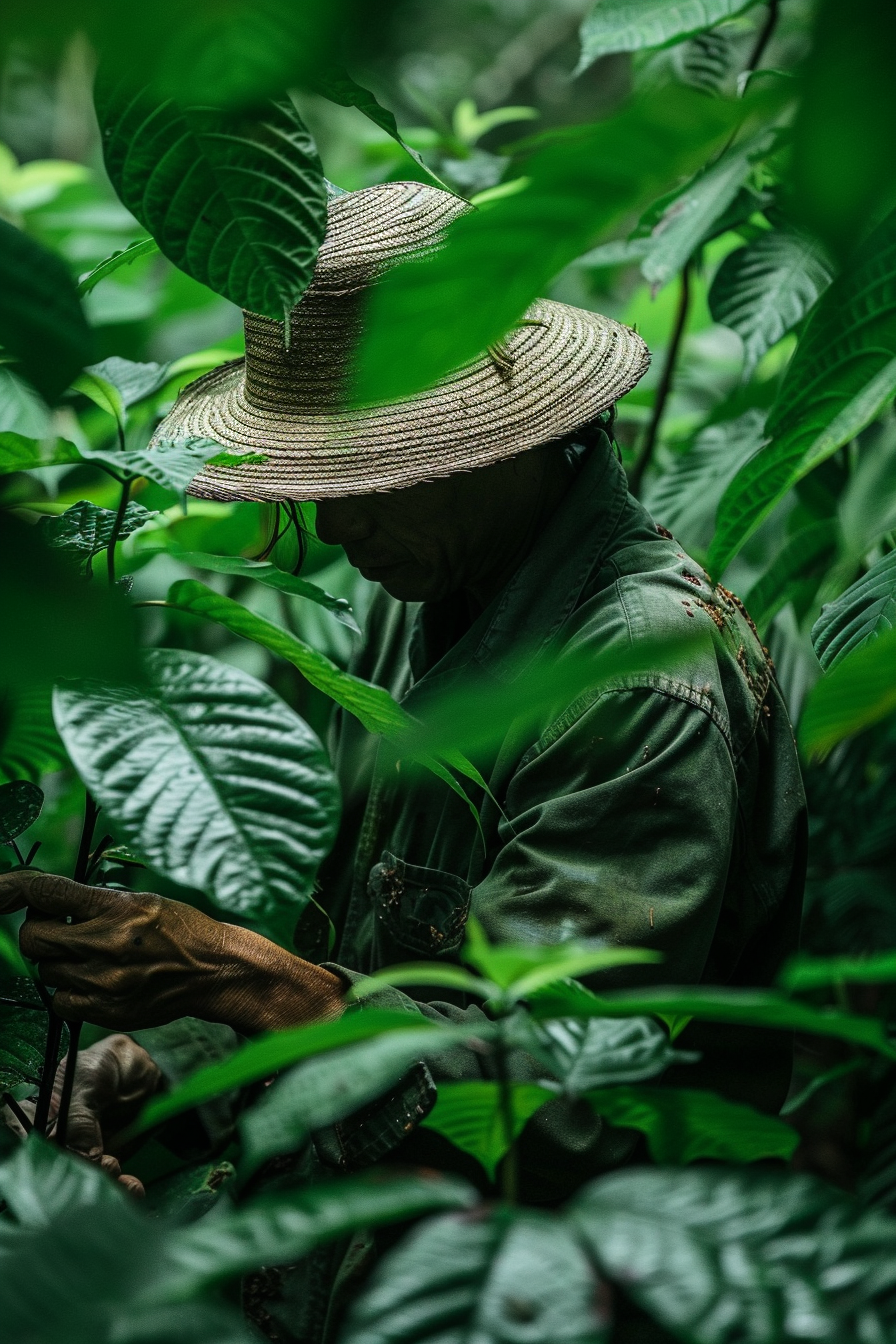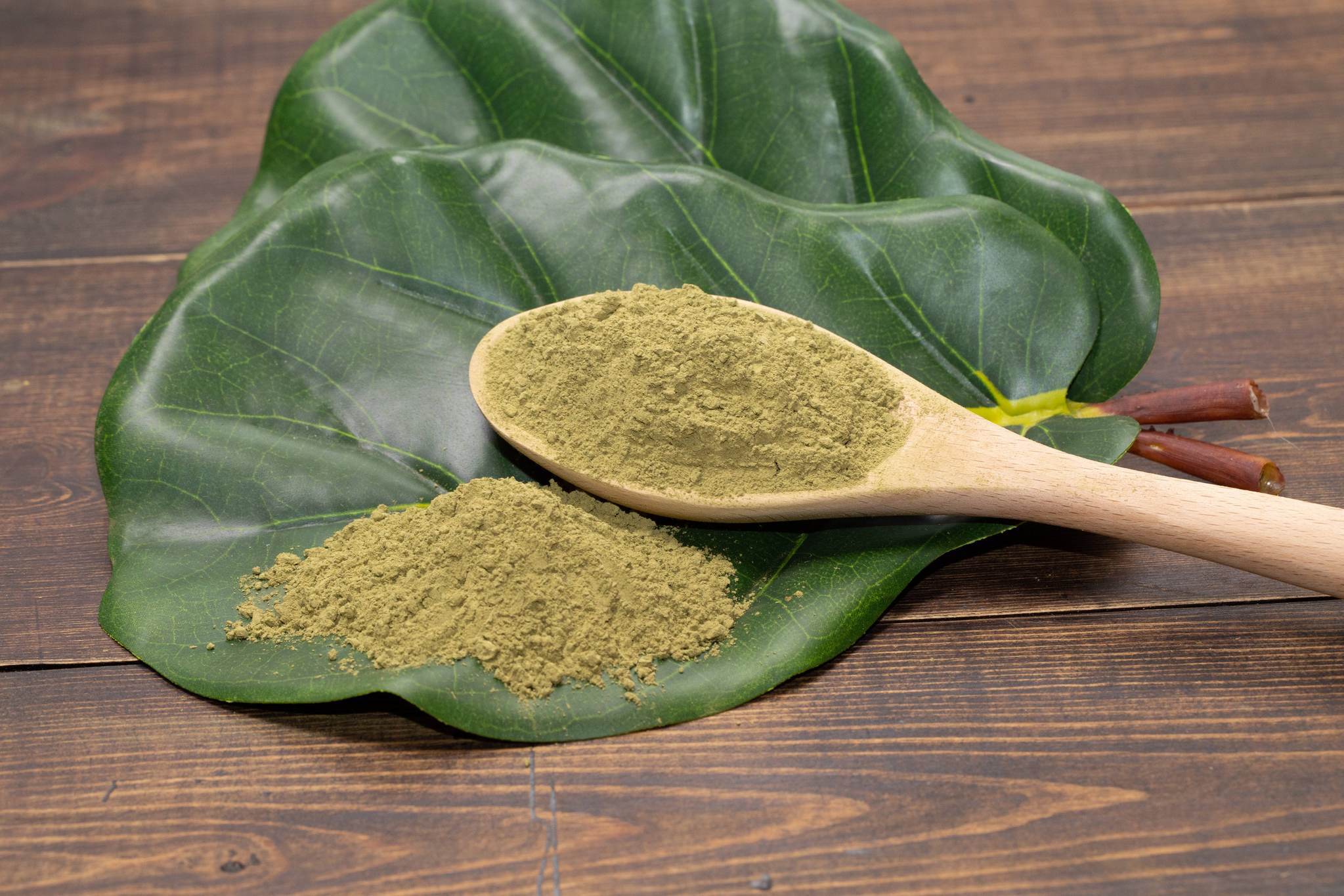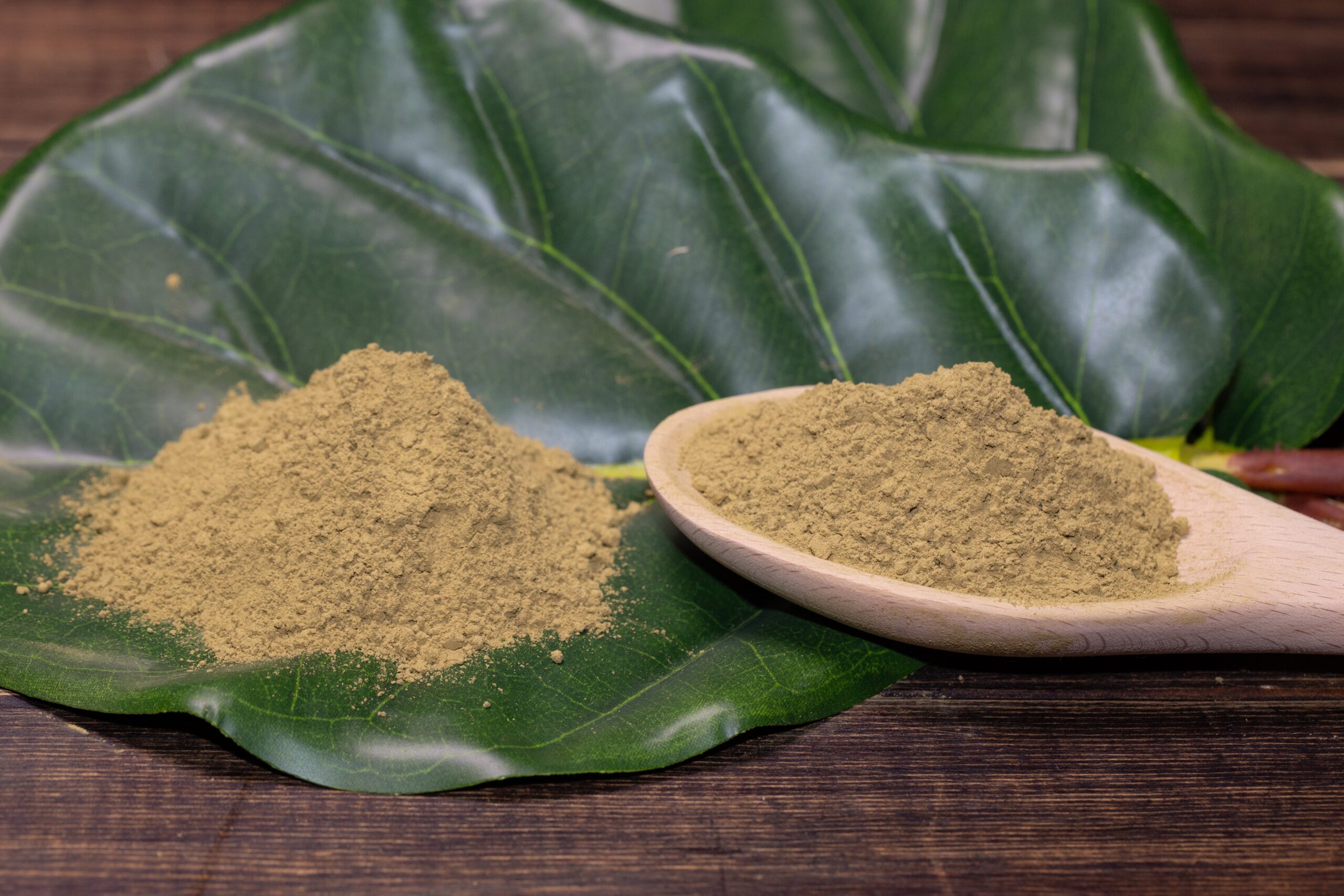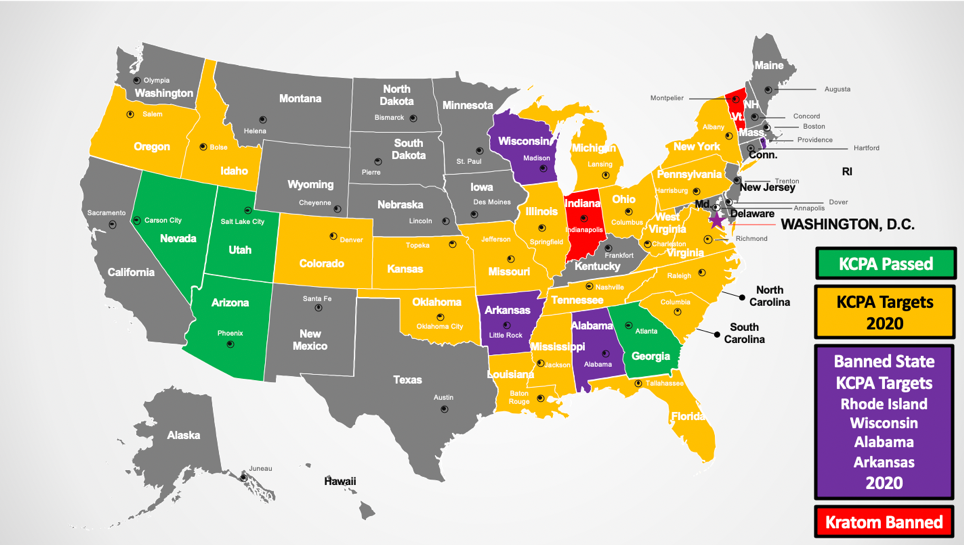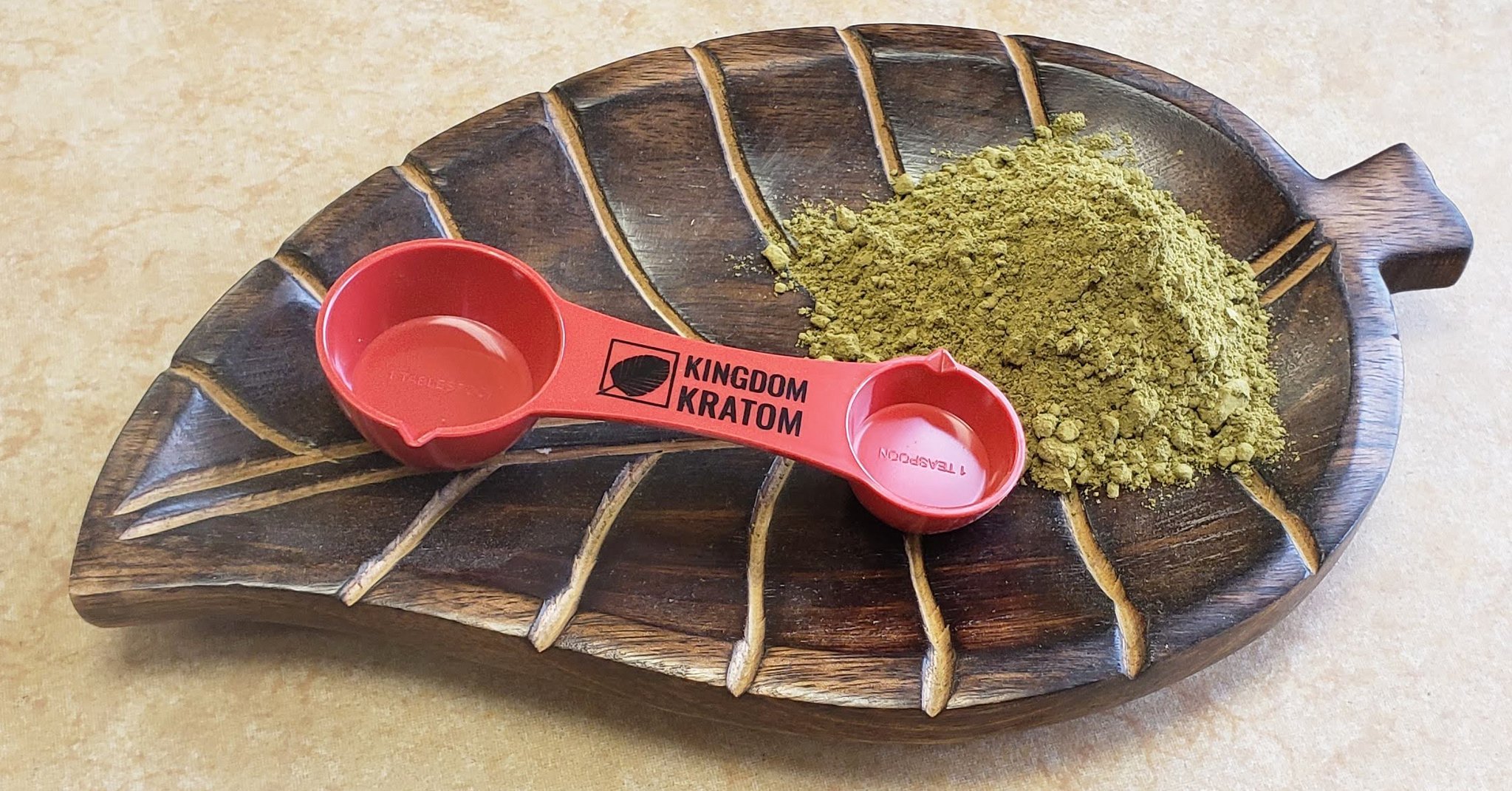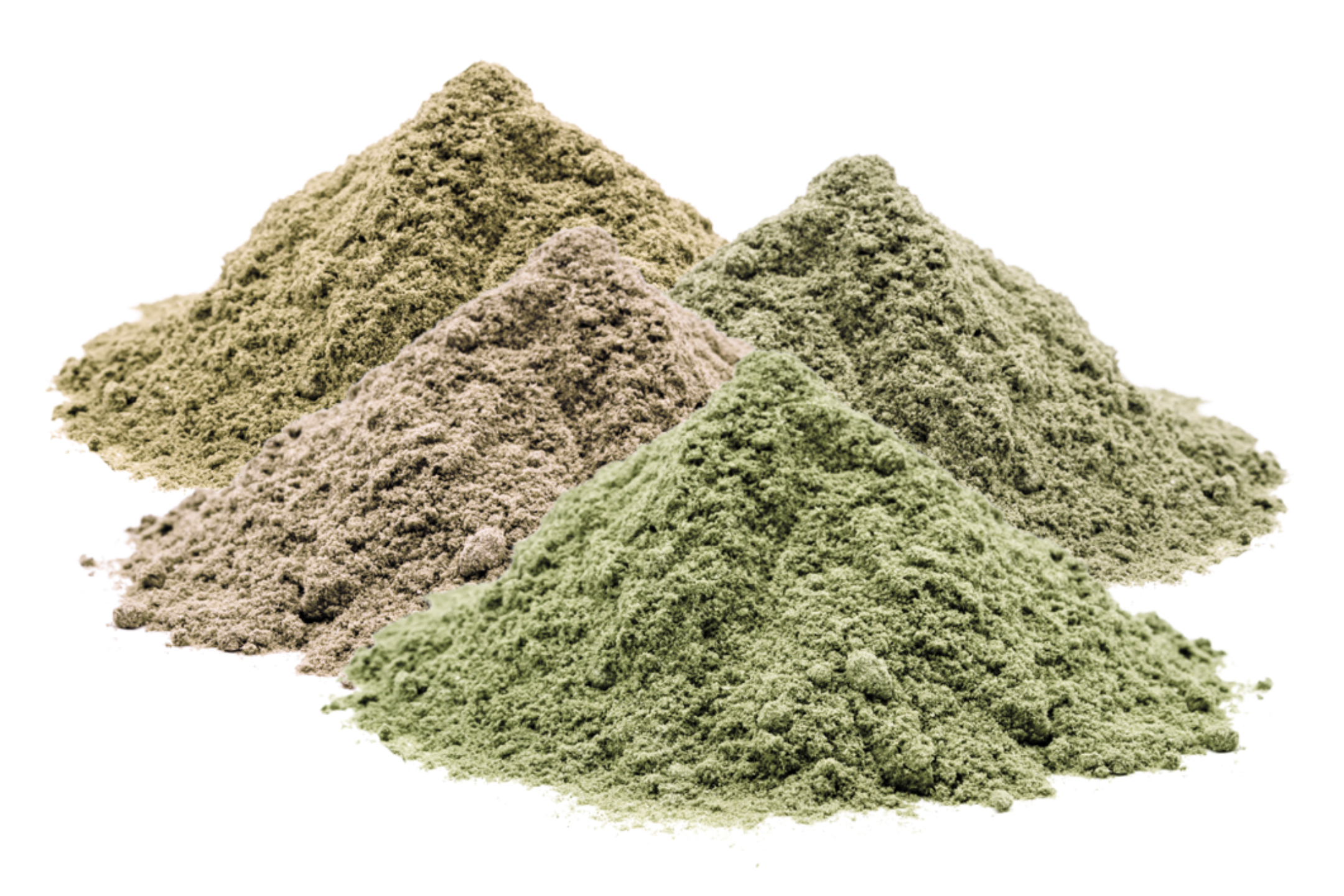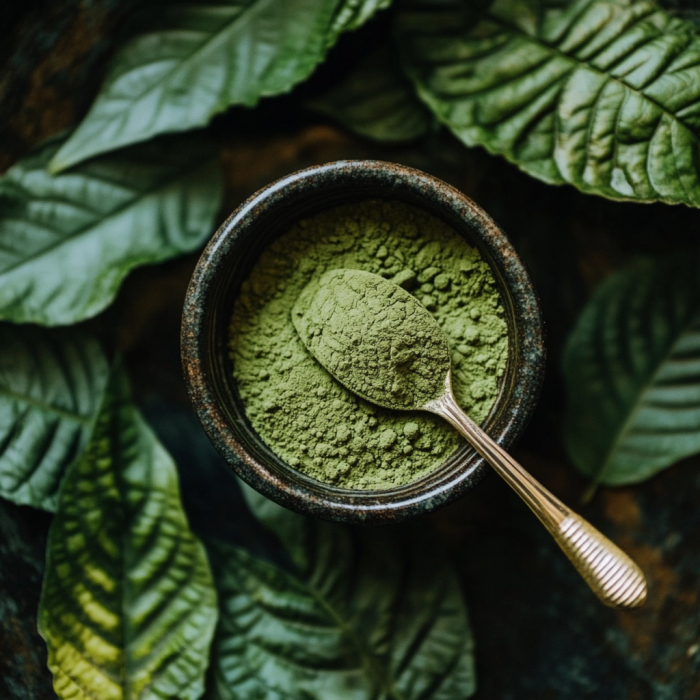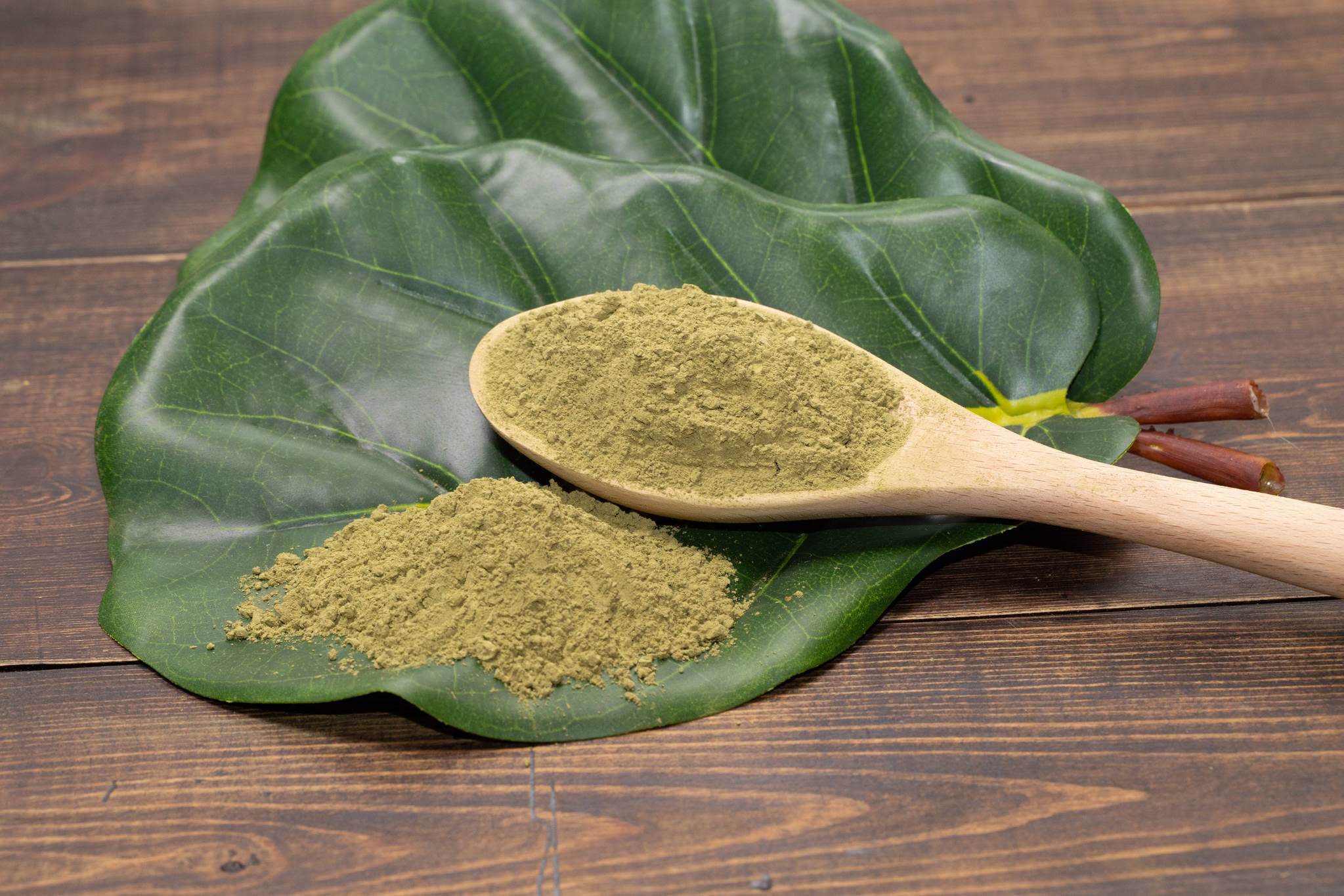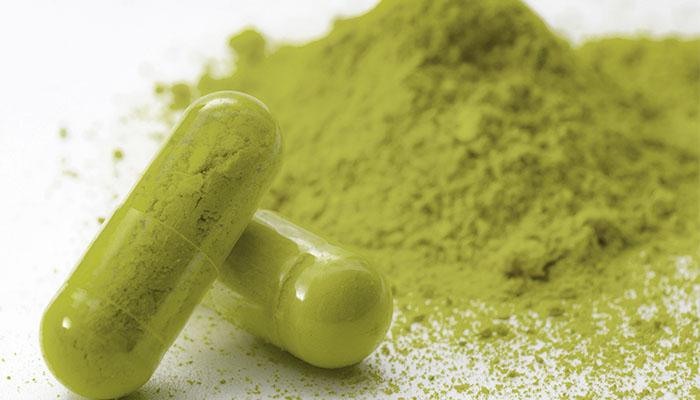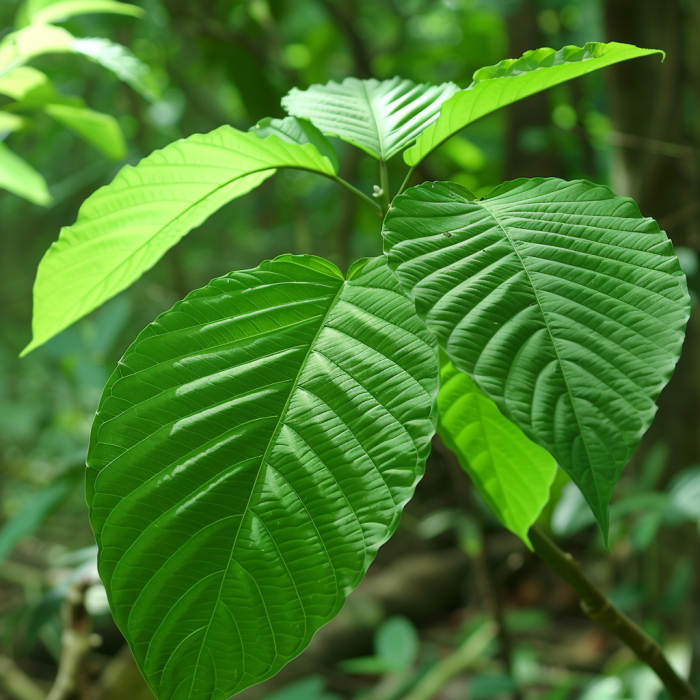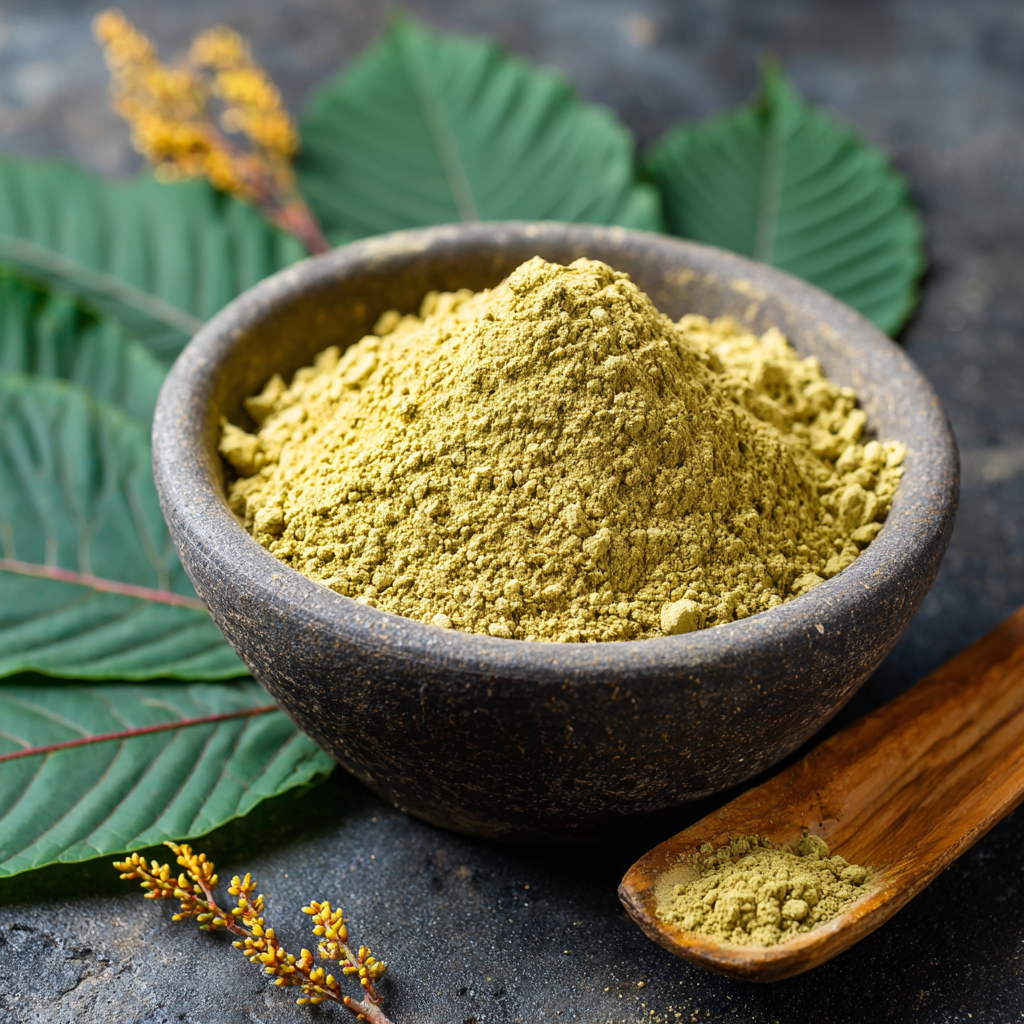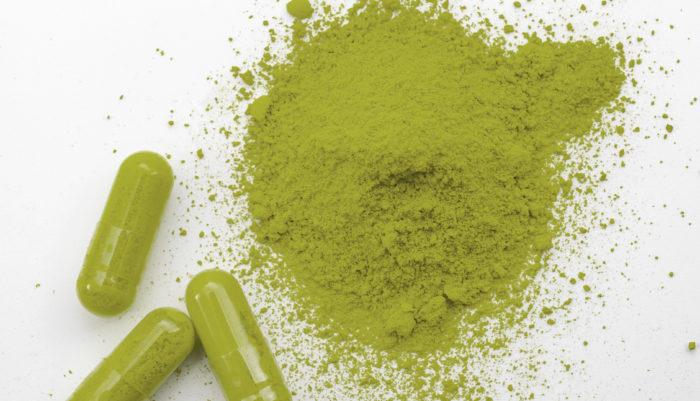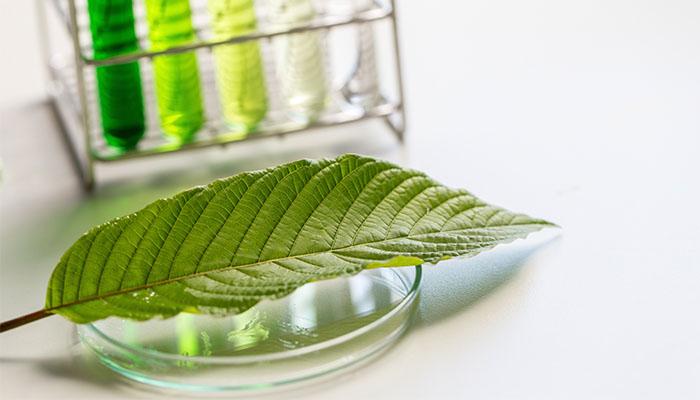Where is Kratom Legal (or Illegal) in the United States?
kratom,kratom-legality
1 Apr, 2024
Where is Kratom Legal (or Illegal) in the United States?
Kratom is a tropical tree grown in Southeast Asia. For centuries, locals have used its leaves as a natural remedy for pain, a sedative, an aid to focus, and a sense of well-being.
Kratom has recently become popular in the United States as a herbal remedy. Still, because it acts on opioid receptors, it is often incorrectly associated with the more harmful and dangerous opioid, heroin, and other highly addictive prescription opioids, such as oxycodone, hydrocodone, codeine, and morphine.
In this article, we will answer these questions:
- Where is kratom legal (or illegal) in the U.S.?
- In which states is kratom legal, but with restrictions?
- How old do you have to be to buy kratom?
- What is the KCPA, and which states have implemented this?
- Why is kratom legal in some states and not others?
- Is Kratom likely to be banned in the future?
Finally, where is Kratom legal (or illegal) in the U.S.?
In the United States, as of 2024, 36 states have some most states have restrictions on whether kratom is legal or not. You can find a color-coded map at the American Kratom Association website.
| Alaska |
| Arizona (protected by KCPA) |
| Colorado (protected by KCPA) |
| Connecticut |
| Florida (protected by KCPA) |
| Georgia (protected by KCPA) |
| Hawaii |
| Idaho |
| Iowa |
| Kansas |
| Kentucky (protected by KCPA) |
| Maine |
| Maryland |
| Massachusetts |
| Michigan |
| Minnesota |
| Missouri |
| Montana |
| Nebraska |
| Nevada (protected by KCPA) |
| New Jersey |
| New Mexico |
| New York |
| North Dakota |
| Ohio |
| Oklahoma (protected by KCPA) |
| Oregon (protected by KCPA) |
| Pennsylvania |
| South Carolina |
| South Dakota |
| Texas (protected by KCPA) |
| Utah (protected by KCPA) |
| Virginia (protected by KCPA) |
| Washington |
| West Virginia (protected by KCPA) |
| Wyoming |
Kratom is illegal in these six states which have banned it entirely:
- Wisconsin
- Arkansas
- Vermont
- Alabama
- Indiana
- Rhode Island
Kratom is legal in many countries but banned in others. Here’s a list of countries where it is no legal.
- Australia
- Denmark
- Finland
- Israel
- Japan
- Latvia
- Lithuania
- Myanmar
- Malaysia
- New Zealand (unless the person has a prescription from a doctor)
- Poland
- Romania
- Russia
- Singapore
- South Korea
- Sweden
- Thailand
- Vietnam
Kratom is legal with restrictions in these U.S. states
Kratom is not regulated on a federal level, meaning states can decide what their kratom laws will be. However, some cities or counties in certain states have decided to restrict or ban kratom use despite state laws.
These are the states where kratom is legal but with restrictions:
California
Kratom is legal everywhere except in the cities of San Diego and Oceanside.
Colorado
Kratom is legal everywhere except in the towns of Monument and Parker. It is legal in Denver, but the labeling does need to include the line “not suitable for human consumption,” and vendors are not allowed to advise about the product.
Florida
Kratom is legal everywhere except in Sarasota County.
New Hampshire
Kratom is legal everywhere except in the city of Franklin.
Illinois
Kratom is legal everywhere except in the cities of Jerseyville, Alton, Glen Carbon, and Edwardsville.
Mississippi
The state of Mississippi is very divided on the legality of Kratom. There are 33 counties/towns in Mississippi where Kratom is banned.
Kratom is banned in these Mississippi counties:
- Alcorn
- Calhoun
- Itawamba
- Lowndes
- Monroe
- Noxubee
- Prentiss
- Tippah
- Tishomingo
- Union
Kratom is banned in these Mississippi towns:
- Belmont
- Blue Mountain
- Booneville
- Bruce
- Burnsville
- Caledonia
- Calhoun
- Columbus
- Corinth
- Derma
- Fulton
- Guntown
- Iuka
- Mantachie
- Marietta
- New Albany
- Okolona
- Oxford
- Pontotoc
- Ripley
- Saltillo
- Senatobia
- Tishomingo
- Vardaman
Tennessee
Kratom is legal everywhere, but the product must be labeled and in its natural form. Synthetic Kratom is illegal.
How old do you have to be to buy kratom?
Again, this depends on your state and, sometimes, your vendor. Many states have not placed an age restriction on Kratom use, but individual vendors may not be willing to sell to people under 18. Certain states have put age restrictions in place.
In the following states, you must be over 18 years old to buy and use kratom:
- Arizona
- Georgia
- Illinois
- Nevada
- New Hampshire
- North Carolina
- South Carolina
- Utah
In the following states, you must be over 21 years old to buy and use kratom:
There are no age restrictions anywhere in South Dakota except in Sioux Falls, where you must be over 21.
- Ohio
- Tennessee
What is the KCPA, and which states have implemented this?
KCPA stands for the Kratom Consumer Protection Act. This act, proposed by the American Kratom Association (AKA), regulates the manufacture and distribution of Kratom and ensures that the products sold on the market are pure, of high quality, and safe.
These are some of the critical aspects of the Act:
- Testing and labeling kratom
- Restricting adulterated or contaminated Kratom (Kratom that has been mixed with other non-pure substances)
- Prohibiting synthetically creating the alkaloids found in Kratom
- Setting an age limit of 18+ for kratom usage
- Limiting the amount of 7-hydroxymitragynine in kratom to no more than 2%
The 12 states in 2024 that have passed the Kratom Consumer Protection Act:
- Arizona
- Colorado
- Florida
- Georgia
- Kentucky
- Nevada
- Oklahoma
- Oregon
- Texas
- Utah
- Virginia
- West Virginia
Why is kratom legal in some states and not others?
There is a lot of controversy in the U.S. over whether kratom is harmful or helpful. The FDA does not recognize kratom, meaning there are no regulations for vendors to comply with. This has resulted in many incidents of contaminated or adulterated kratom being sold on the market.
Users of pure, unadulterated kratom support its legalization because they have seen its benefits. Many claim it helps them with a range of things, from pain to focus to replacing highly addictive prescription opioids.
The important thing is to do your research on the source of your kratom. Kingdom Kratom’s kratom is of the freshest and highest quality, and we contract directly with a select group of Indonesian farmers to ensure the purity of the product.
Is kratom likely to be banned in the future?
This depends on the public and government pushback. The American Kratom Association, a consumer advocacy group, is lobbying to keep kratom legal. If you have used Kratom and it has benefited you, you can join the group, share your testimonial, and support the Kratom cause.












